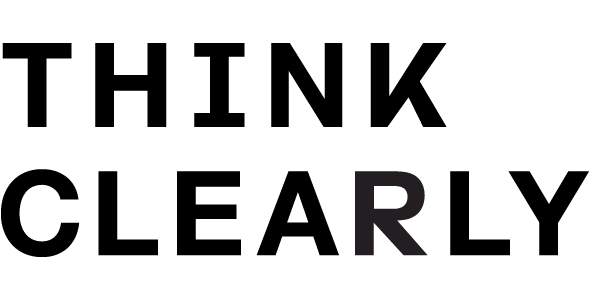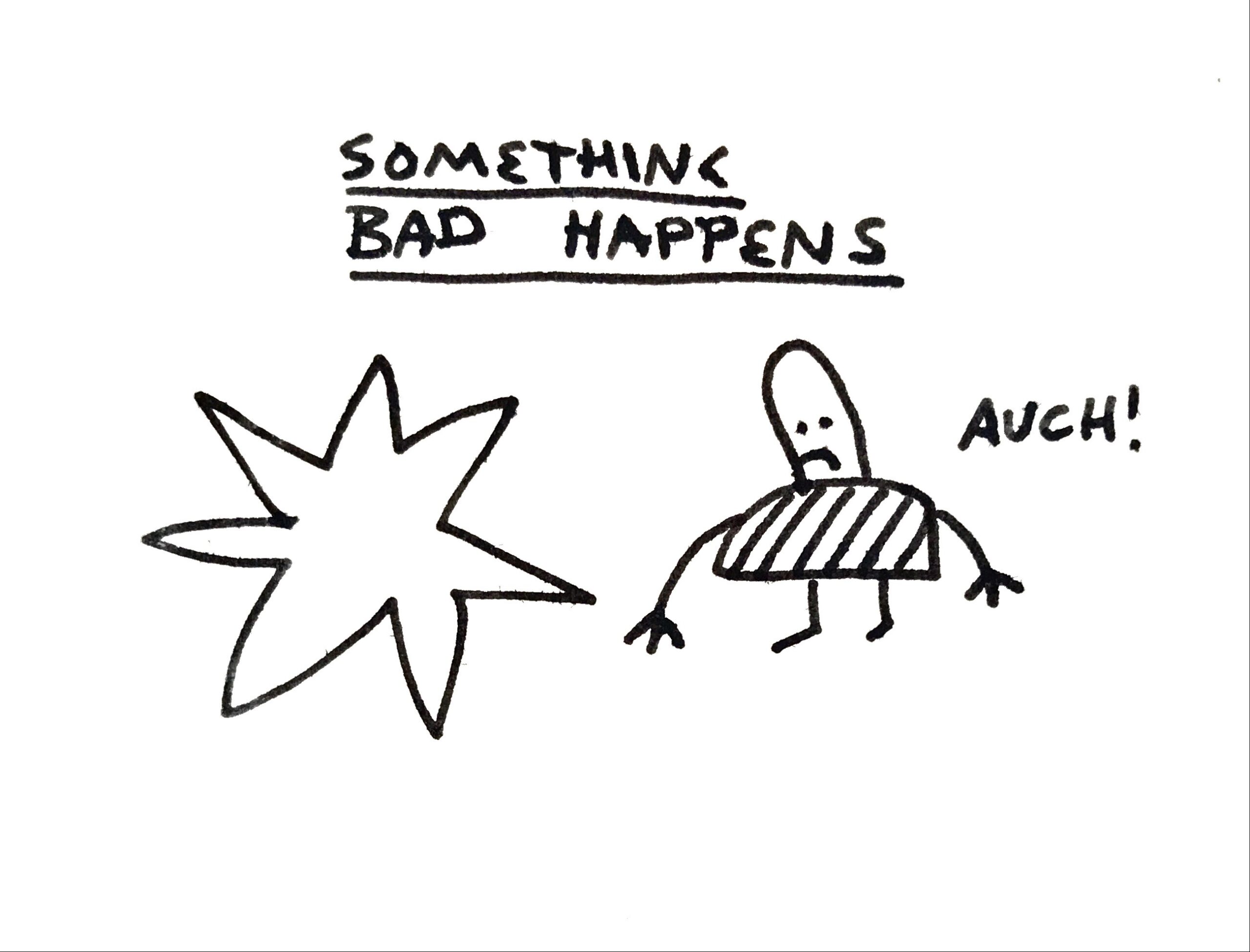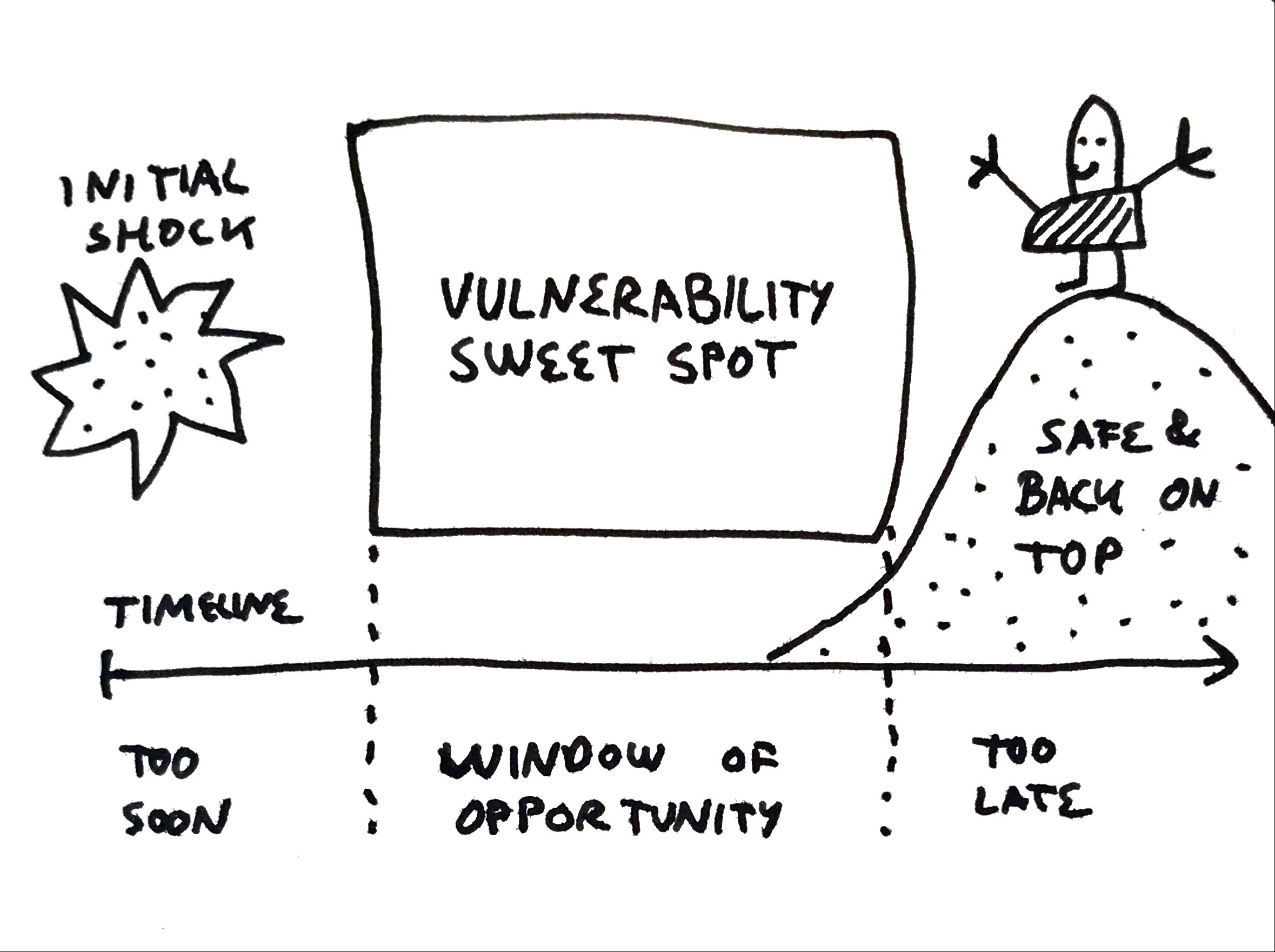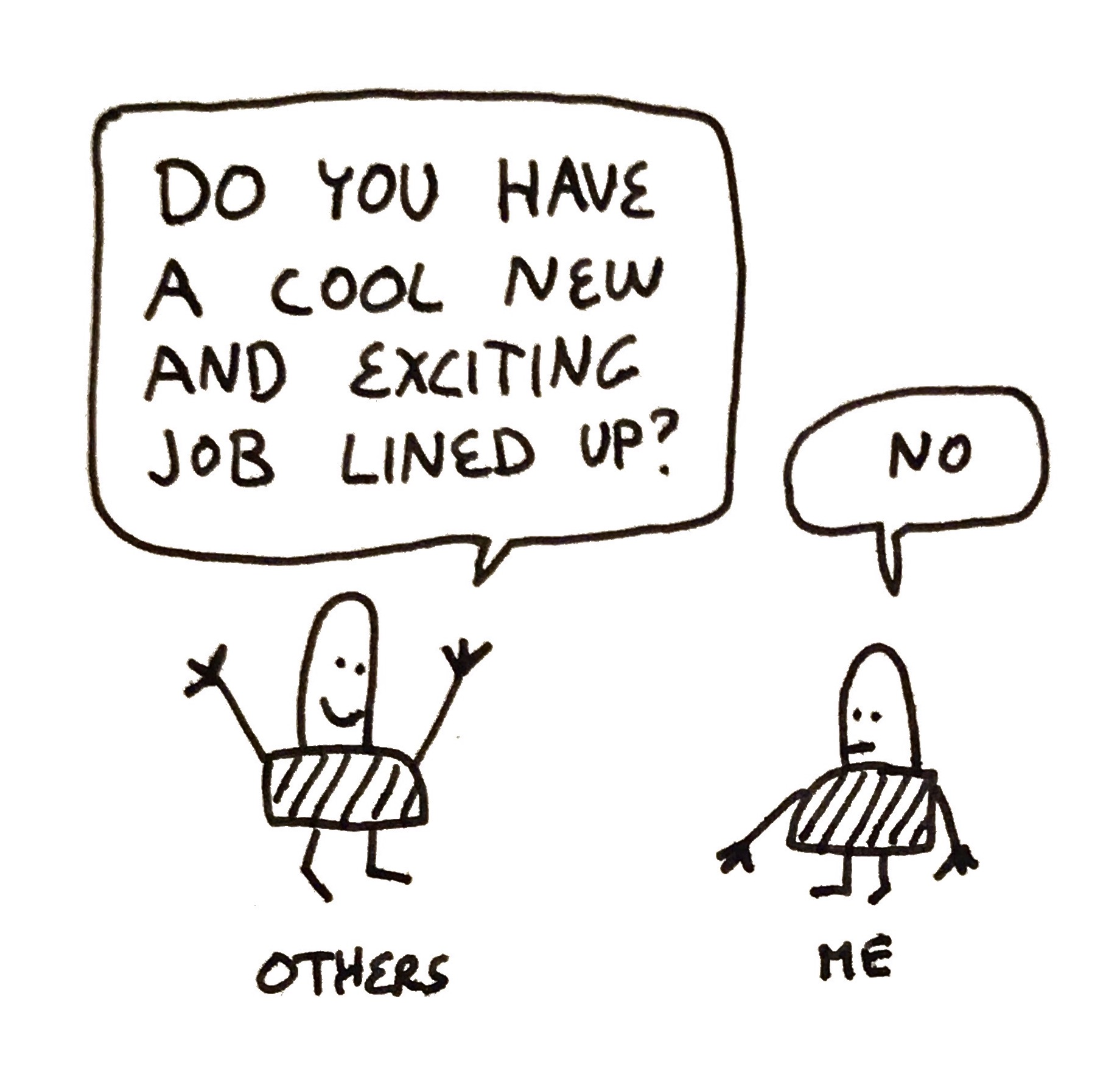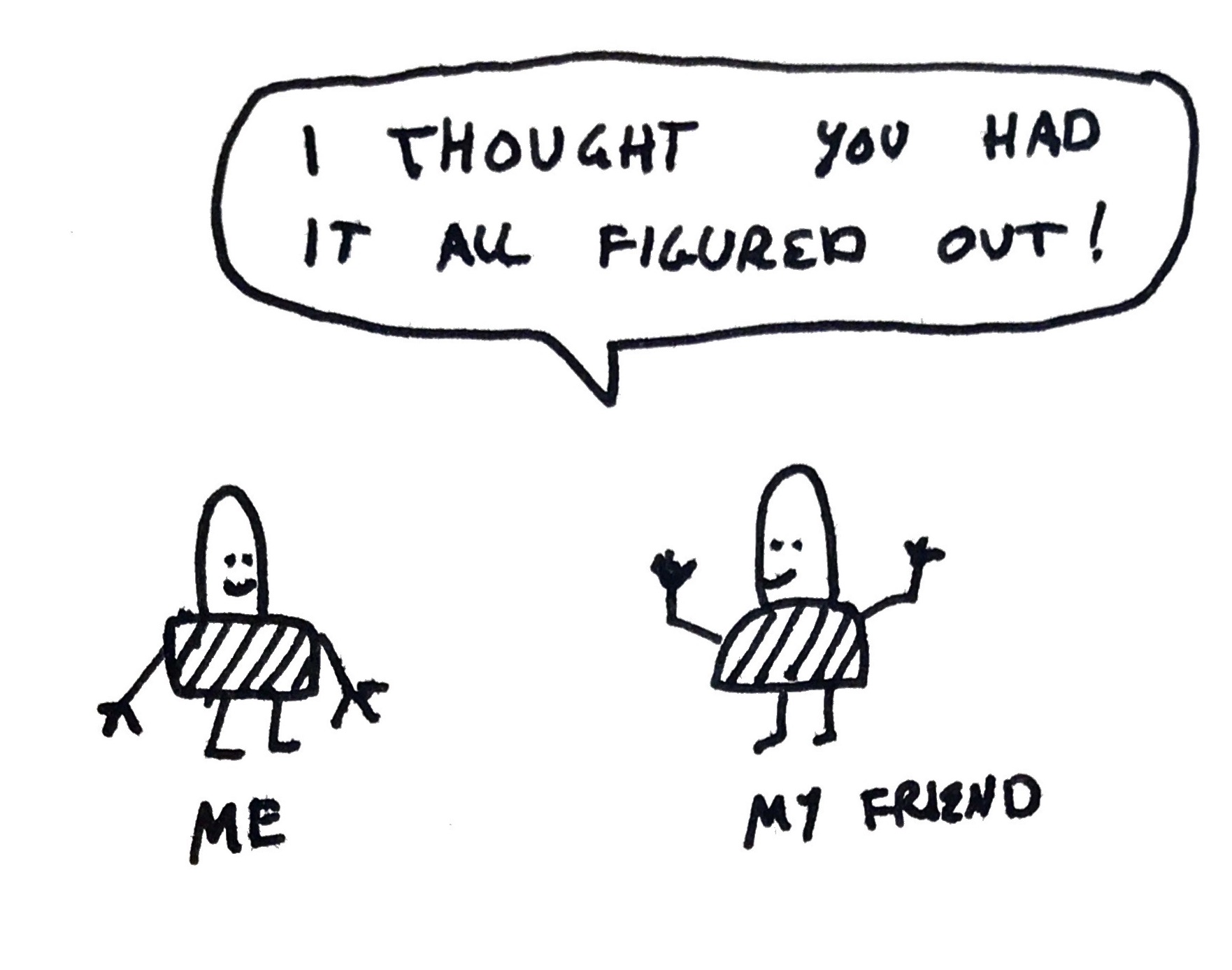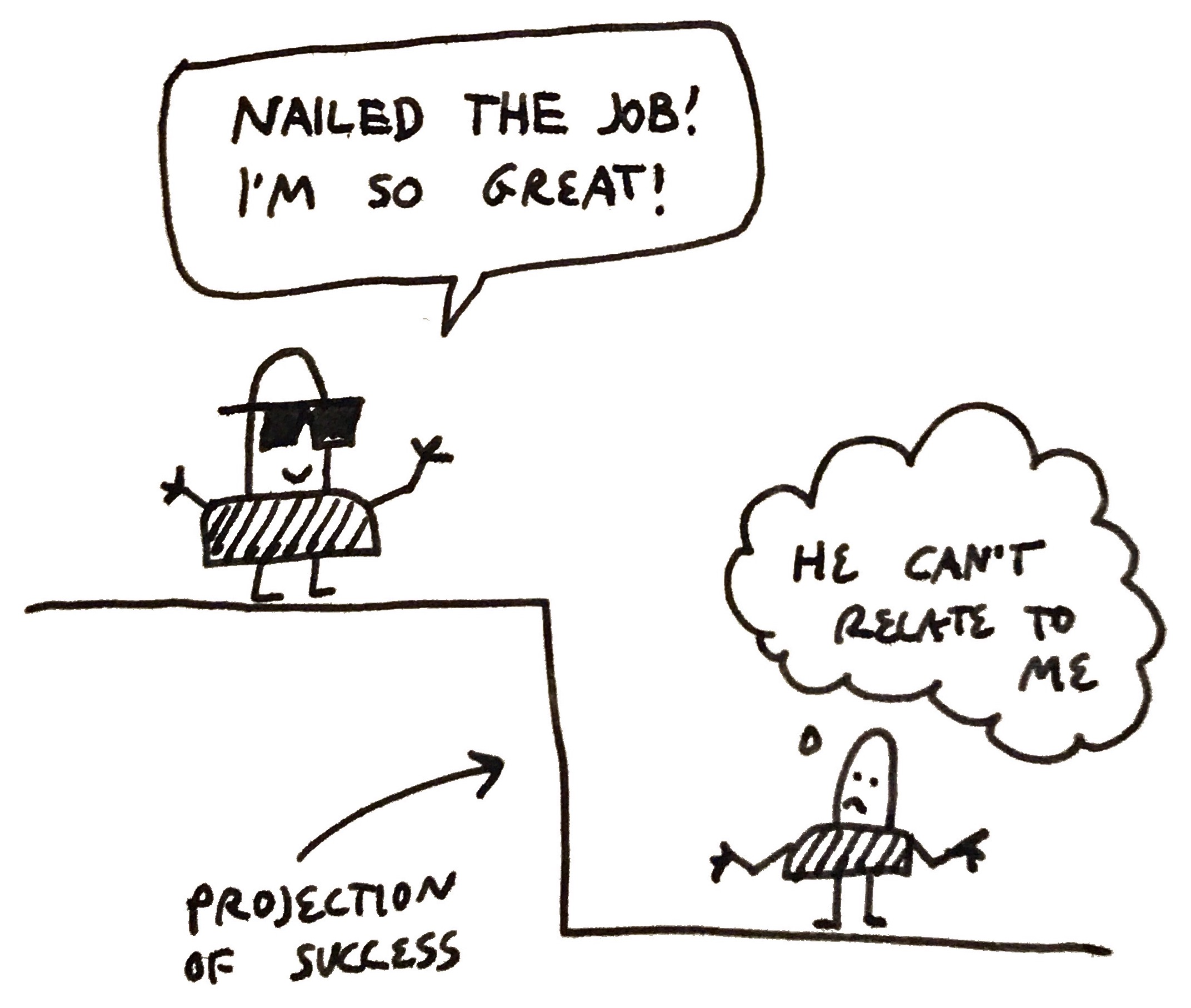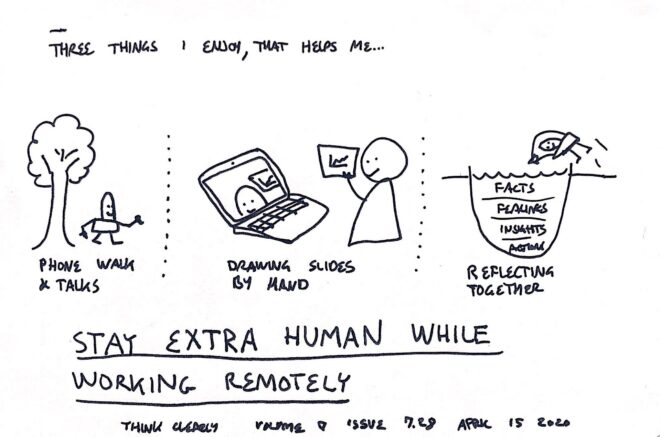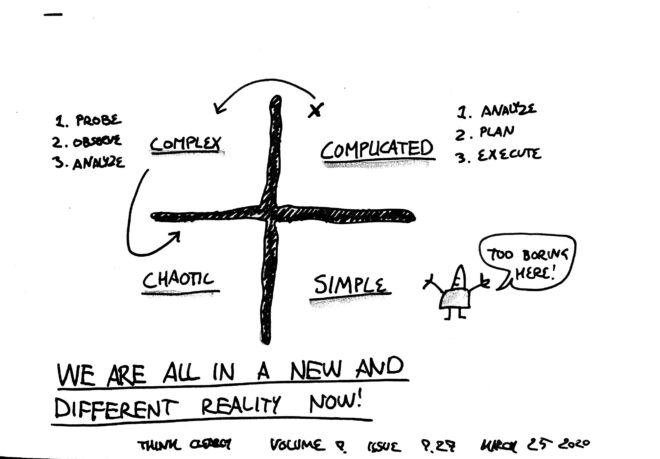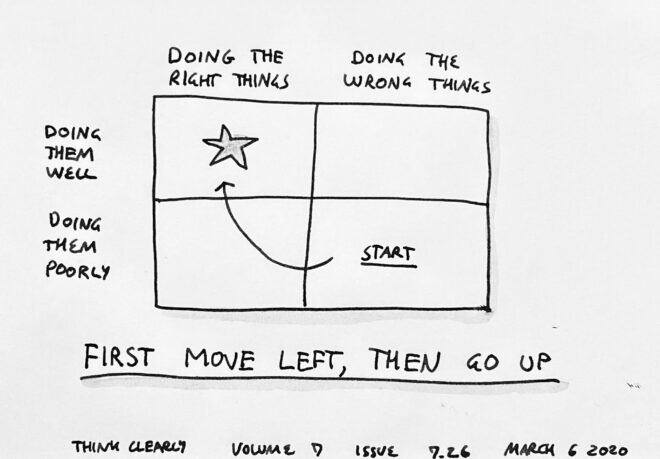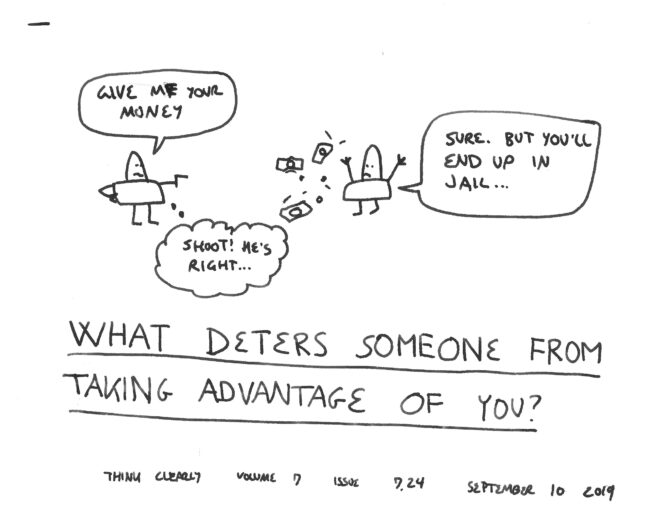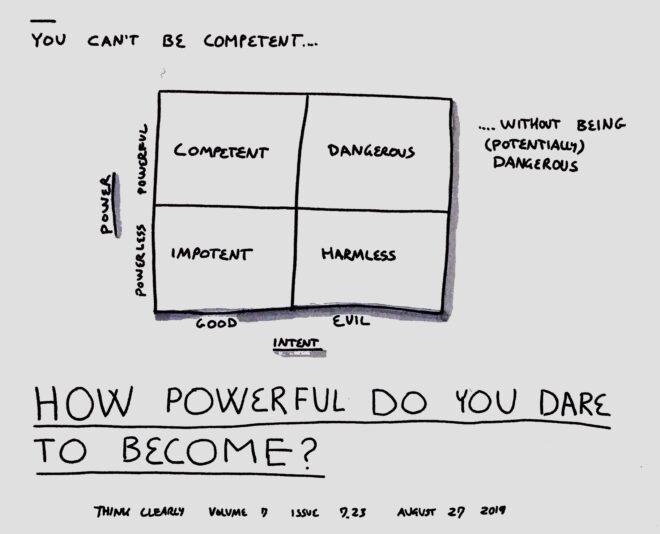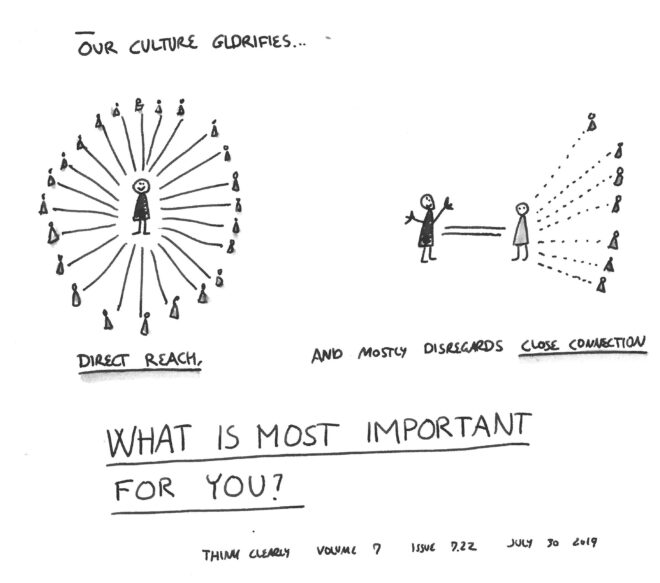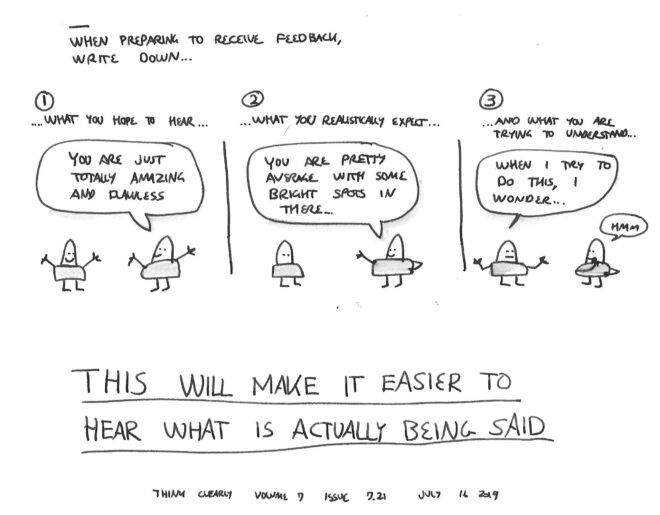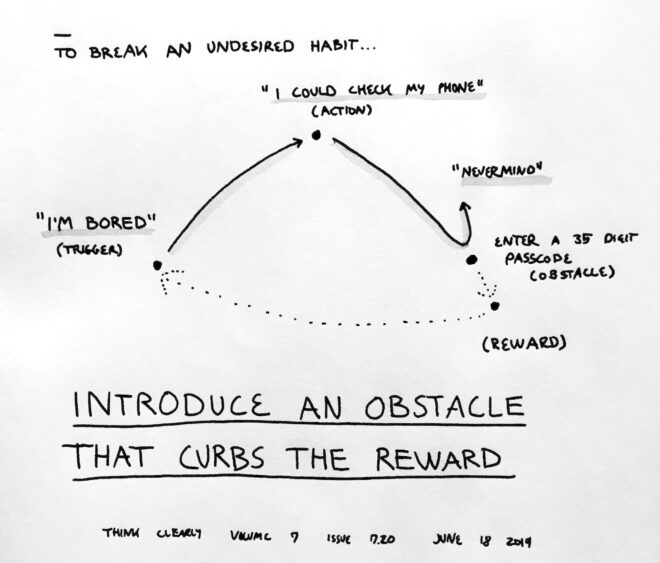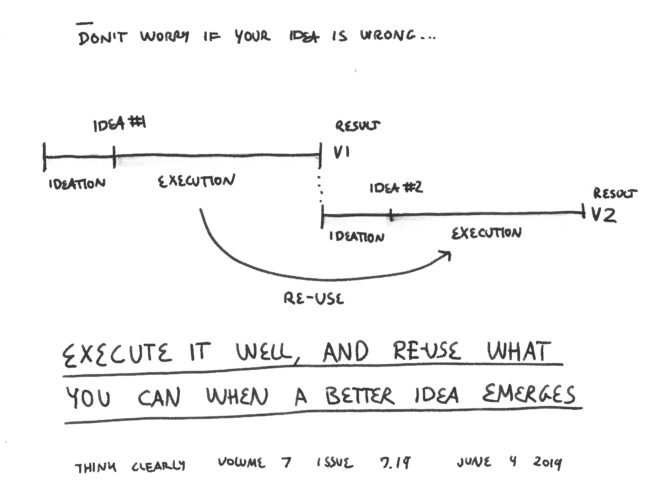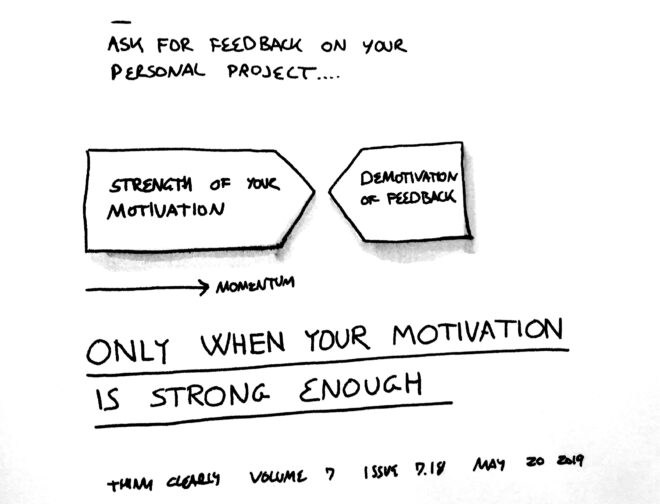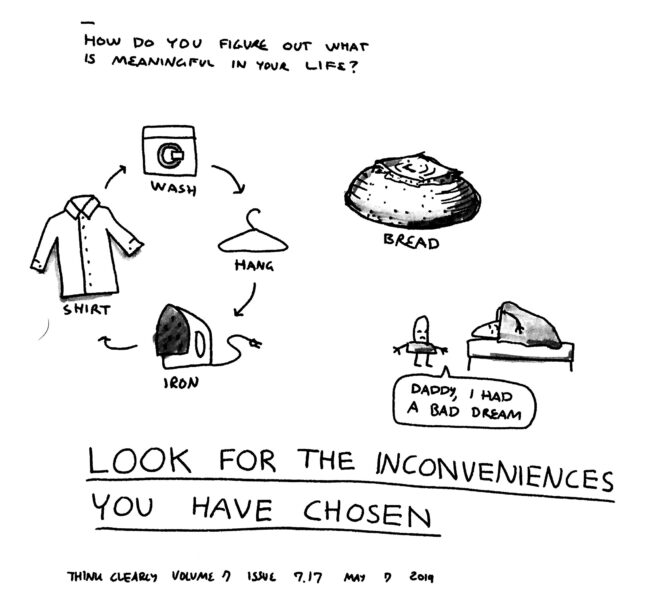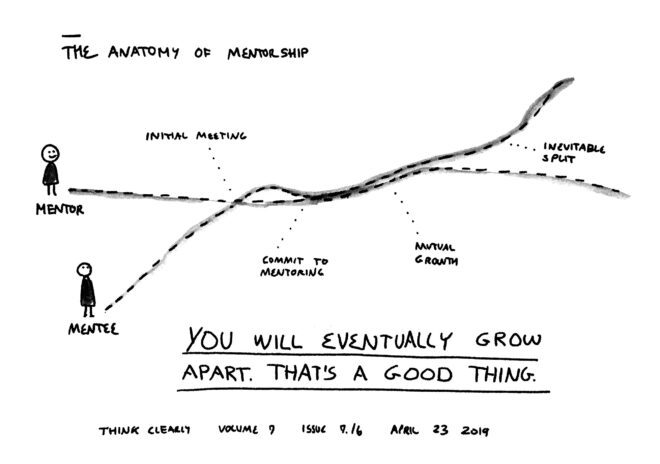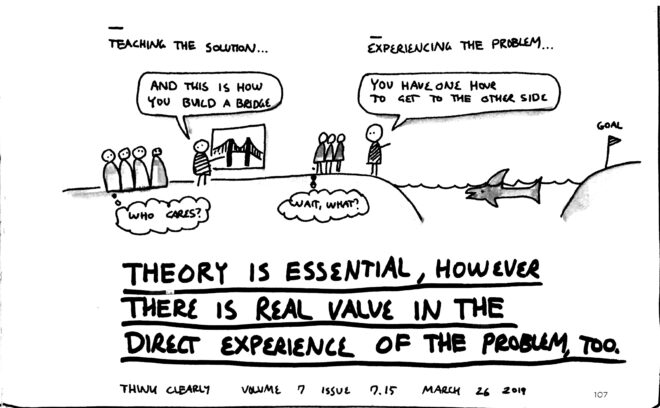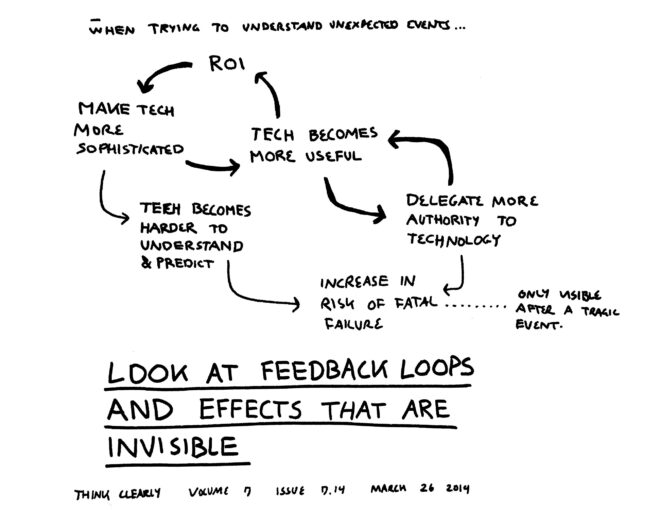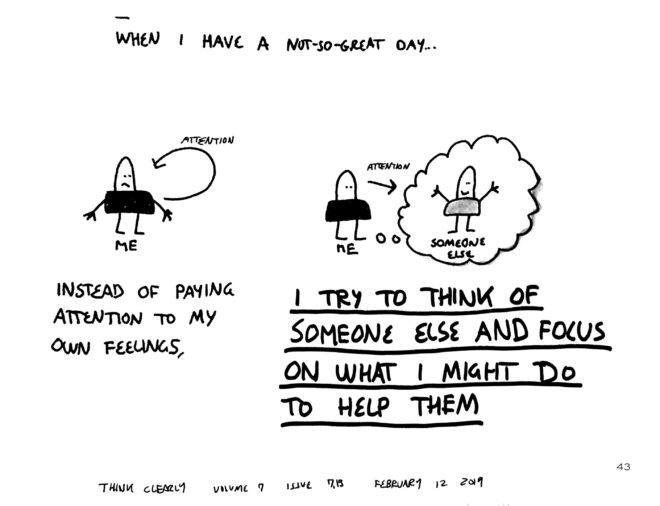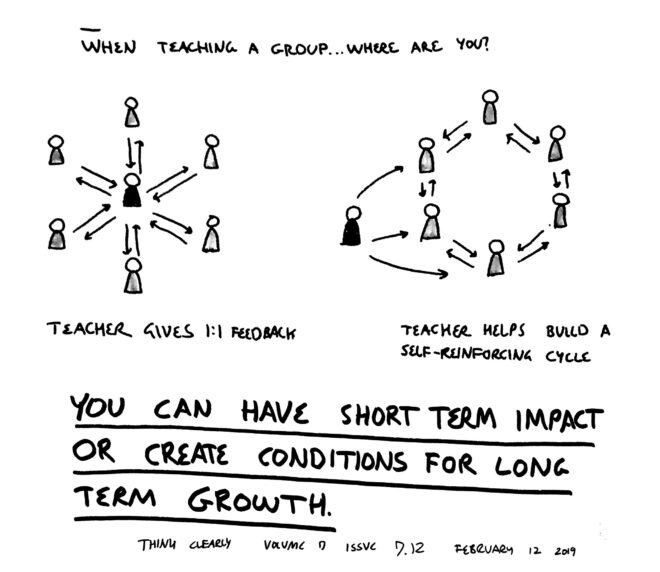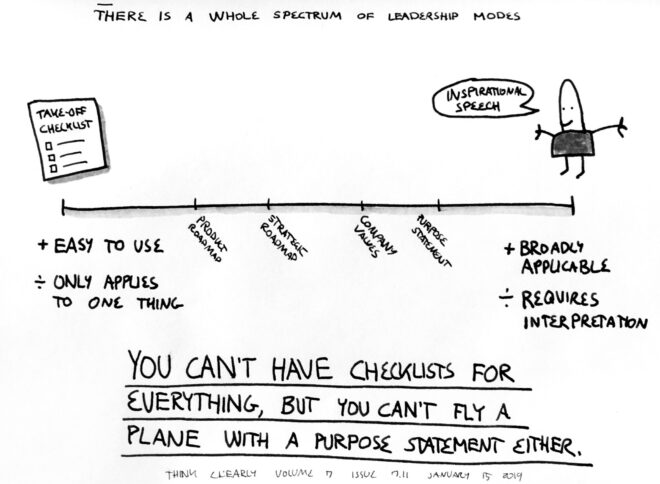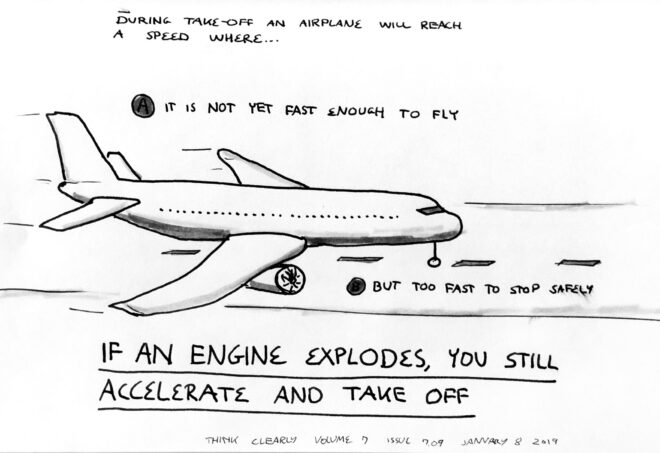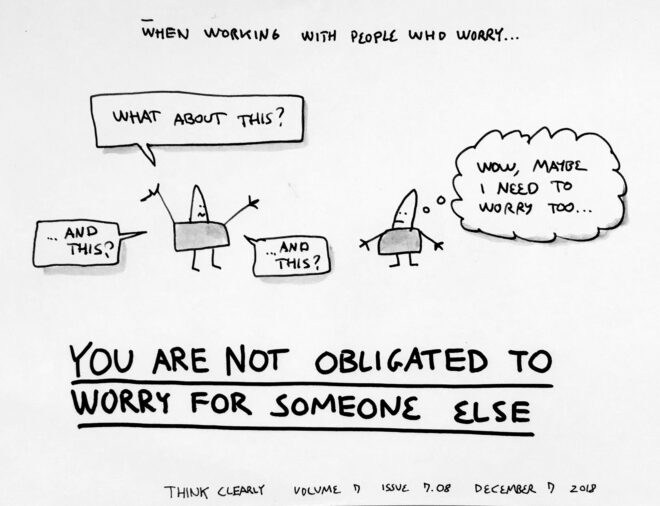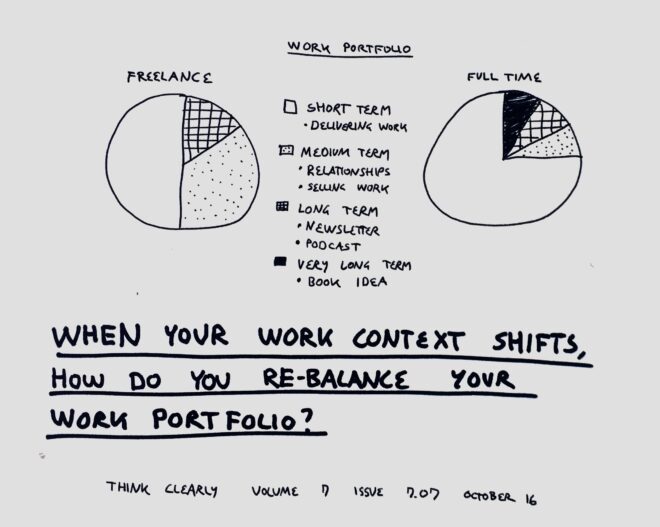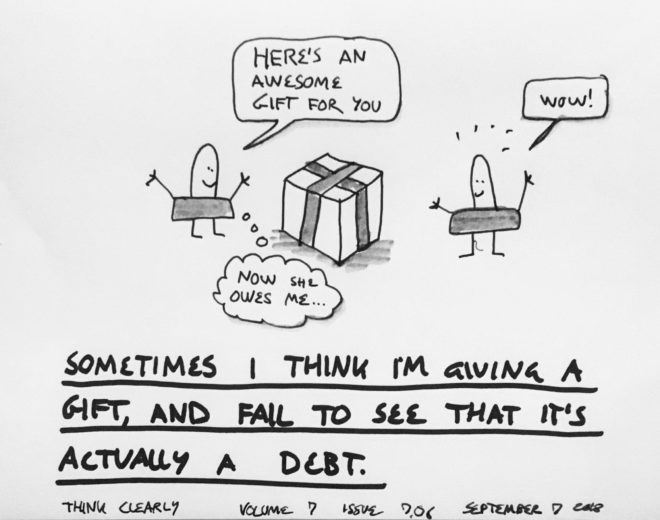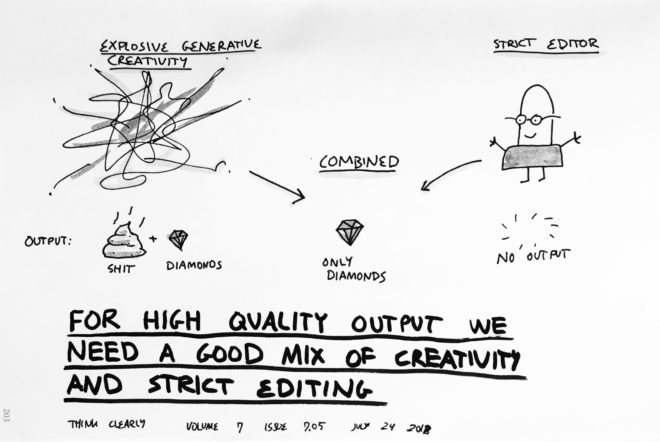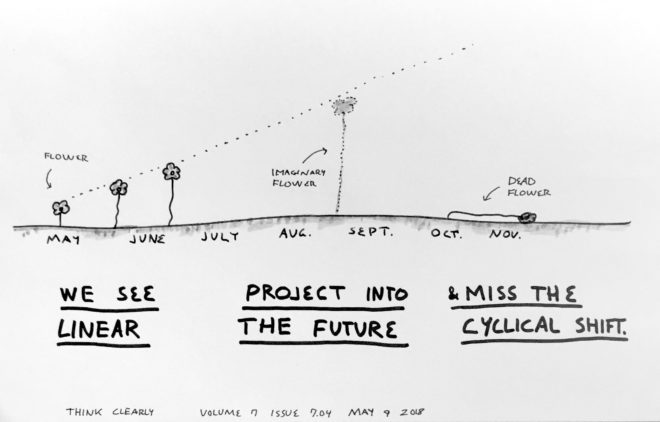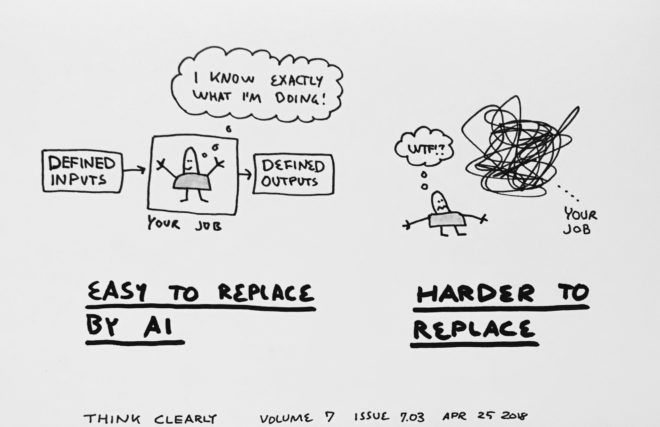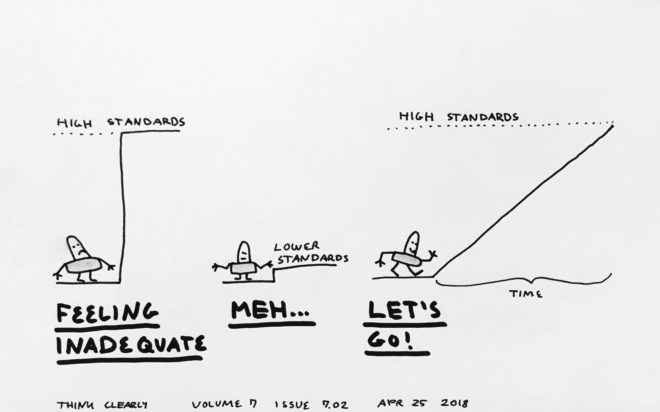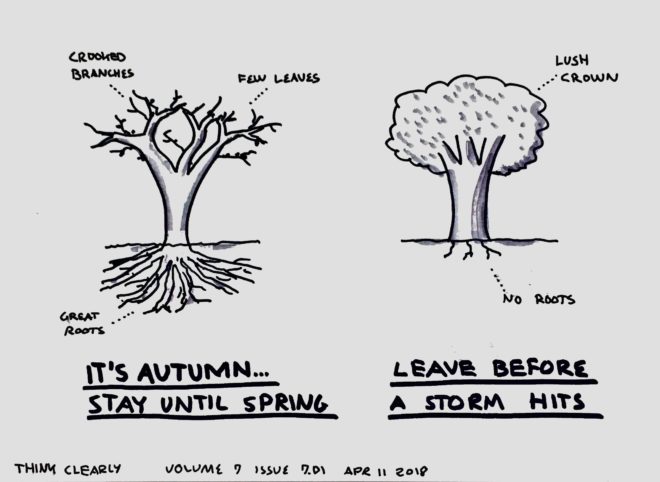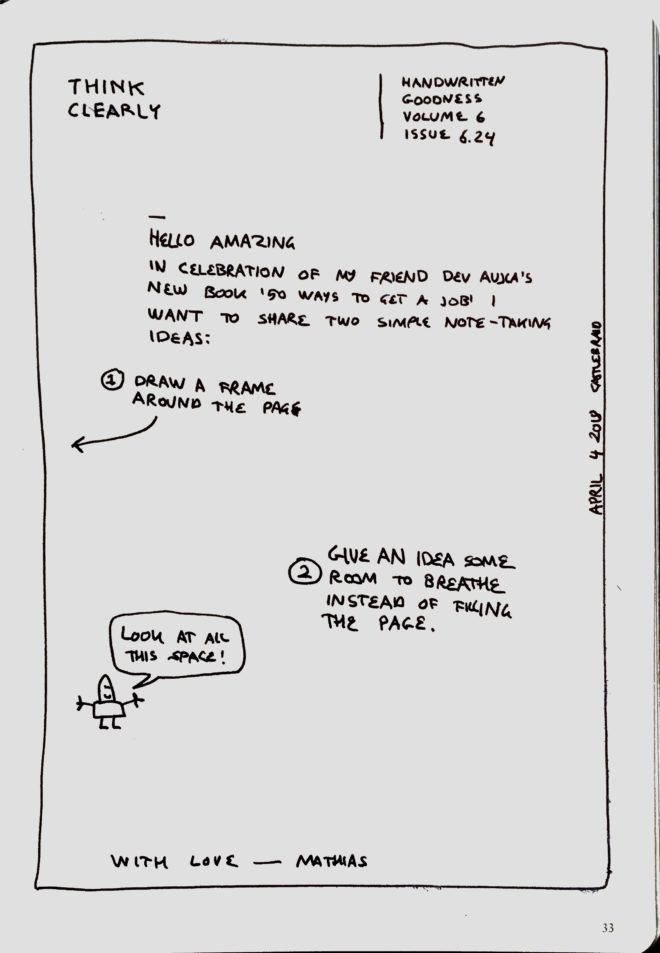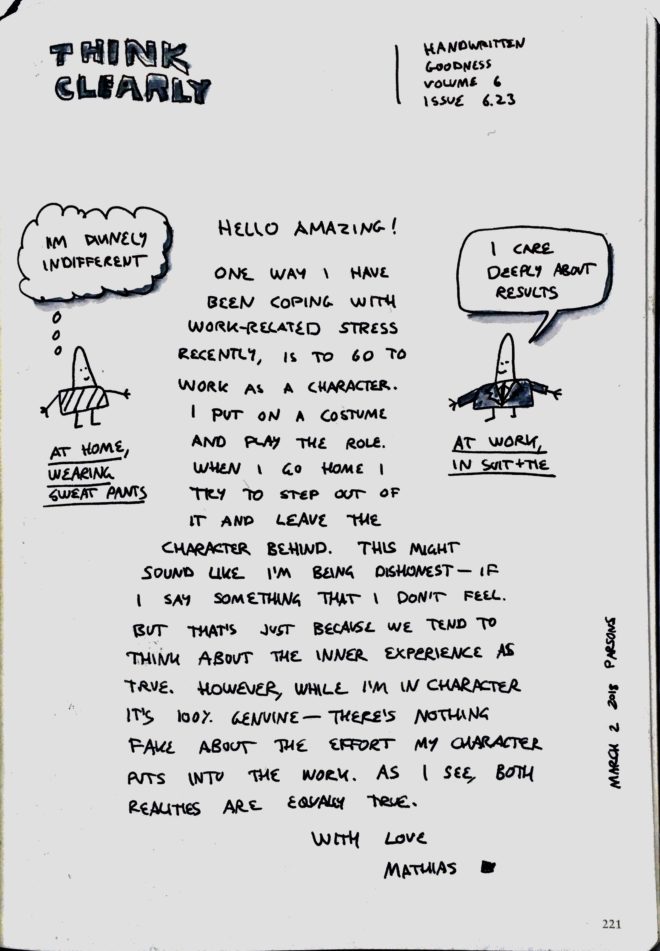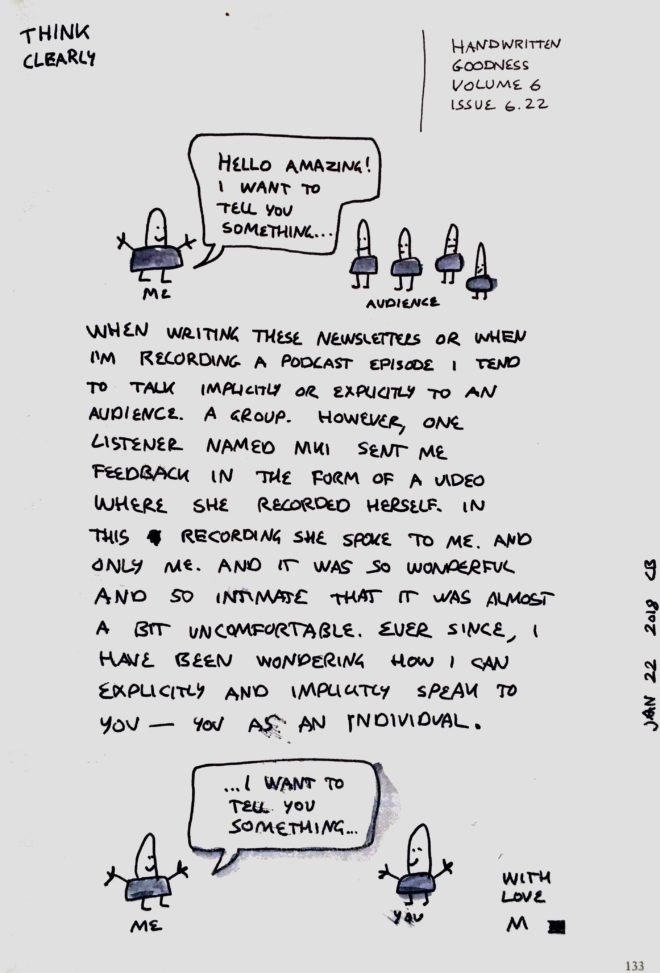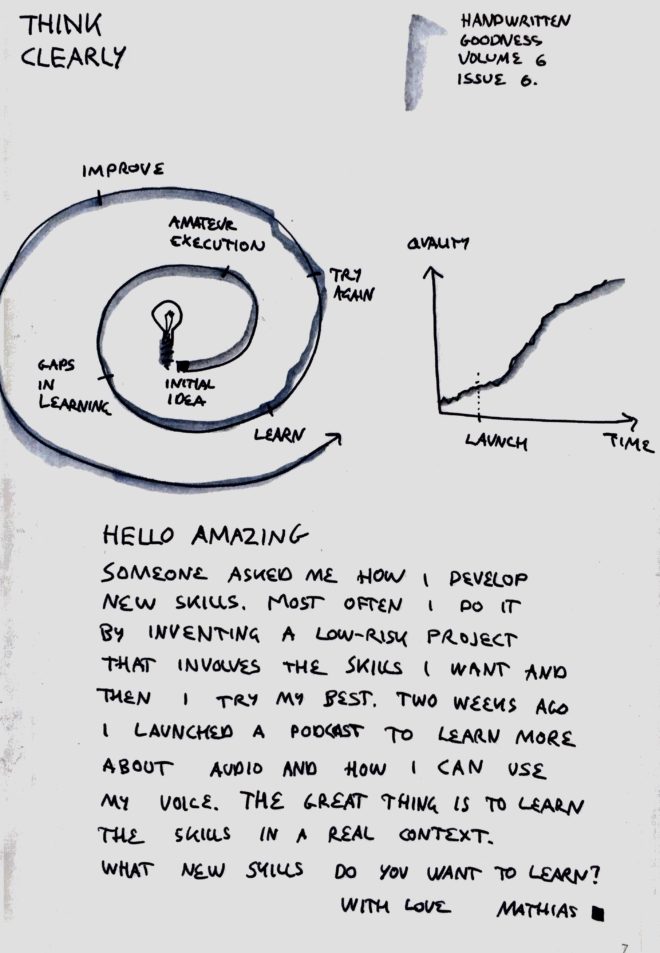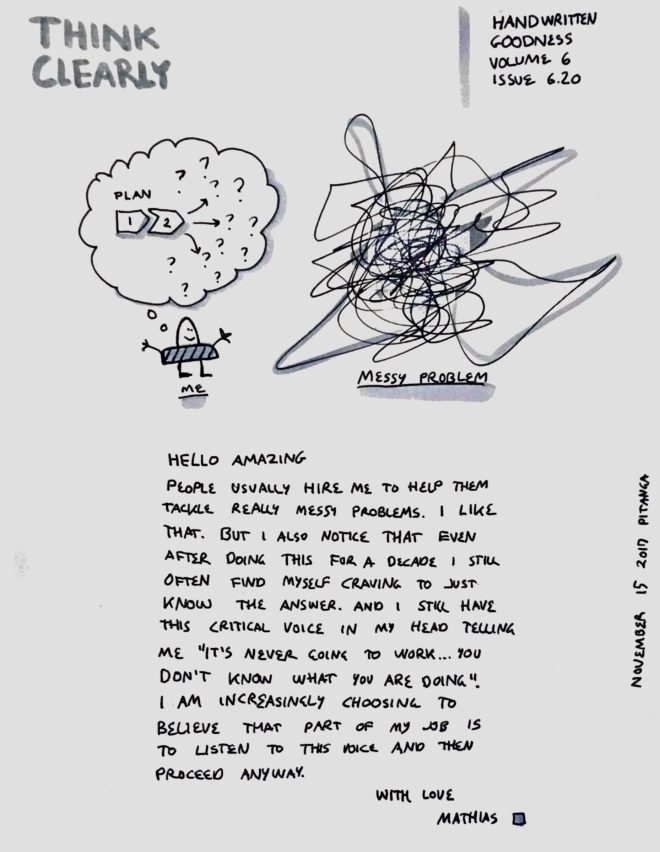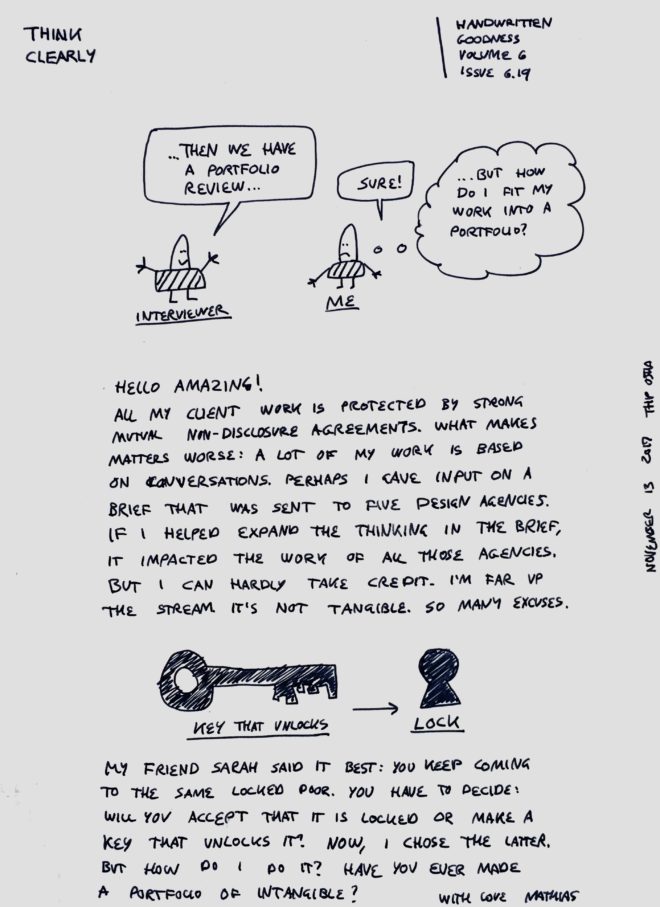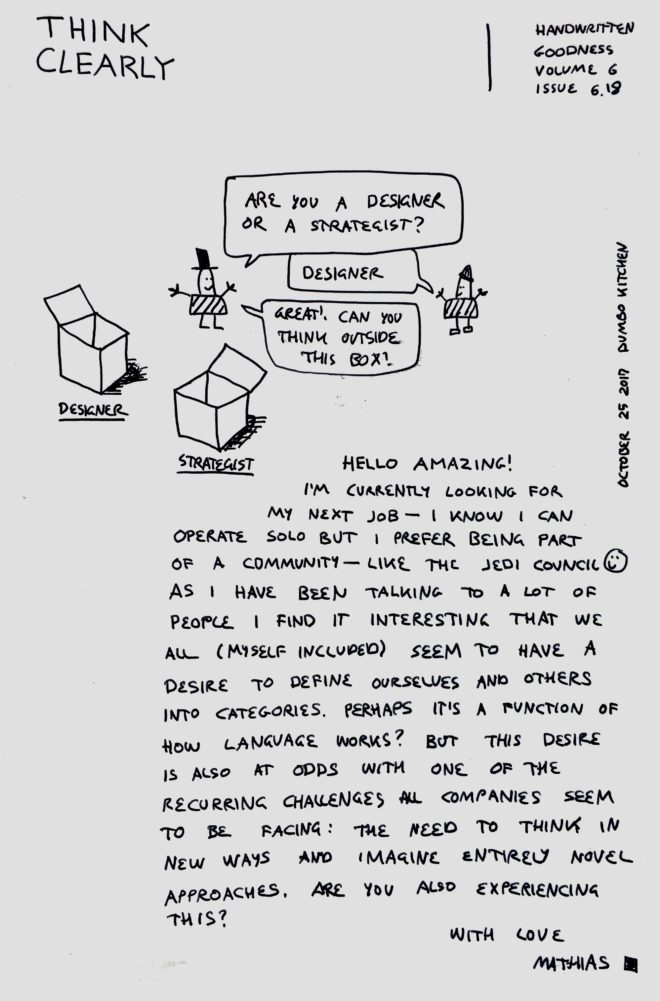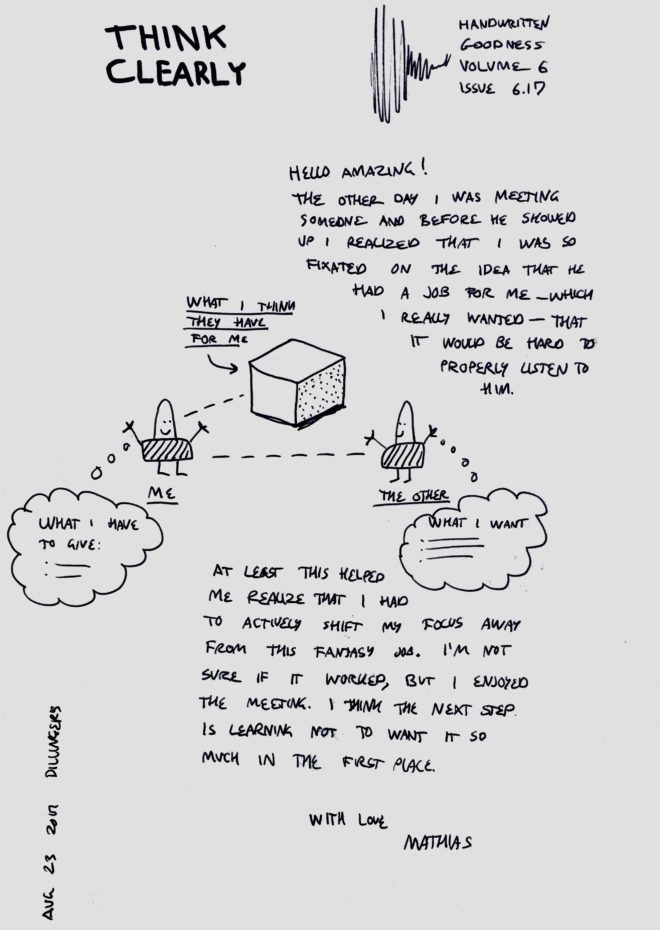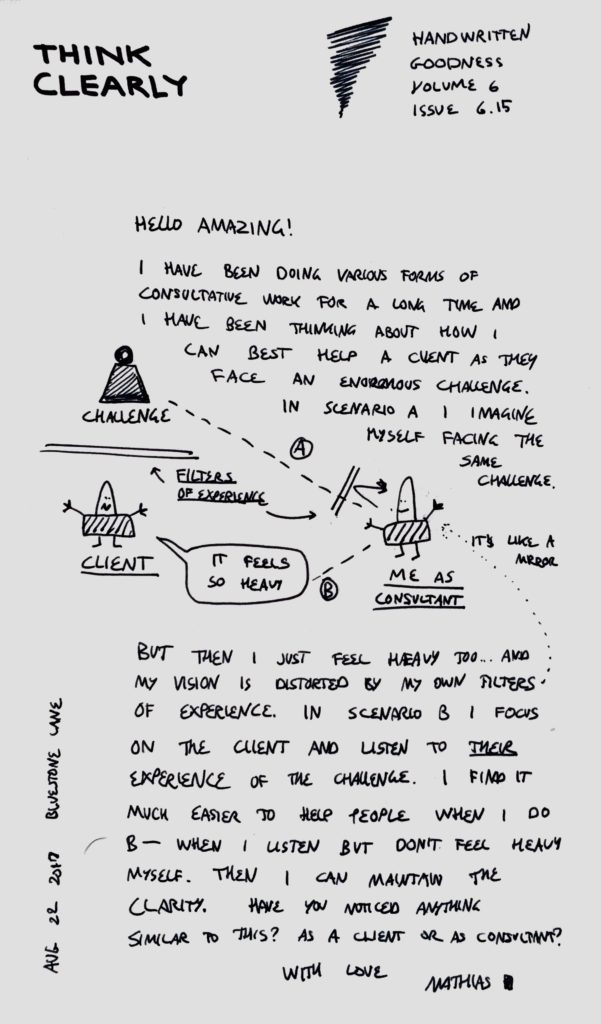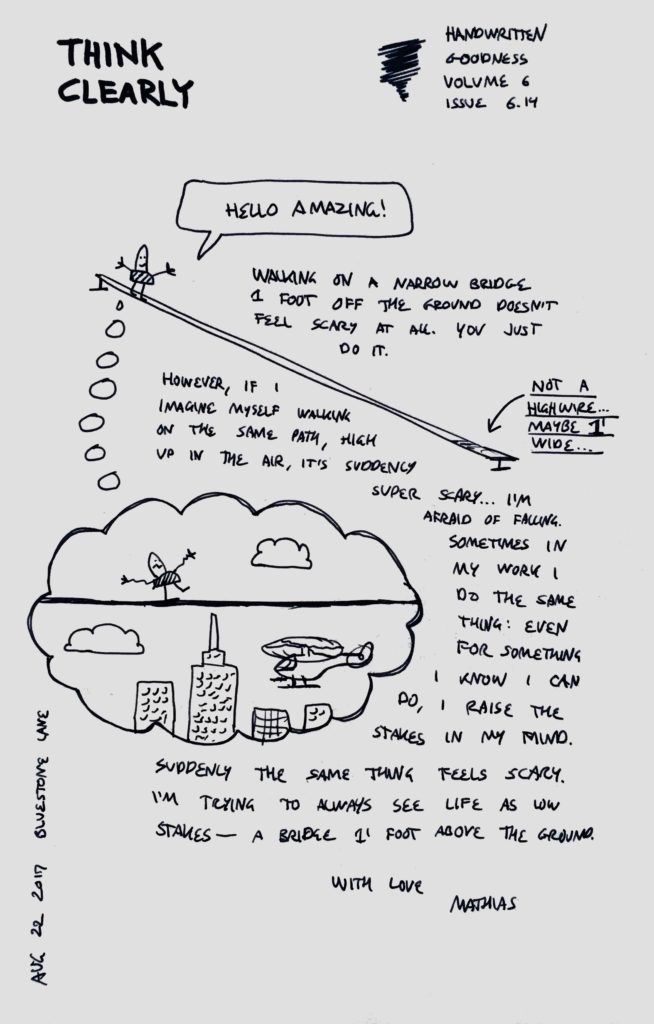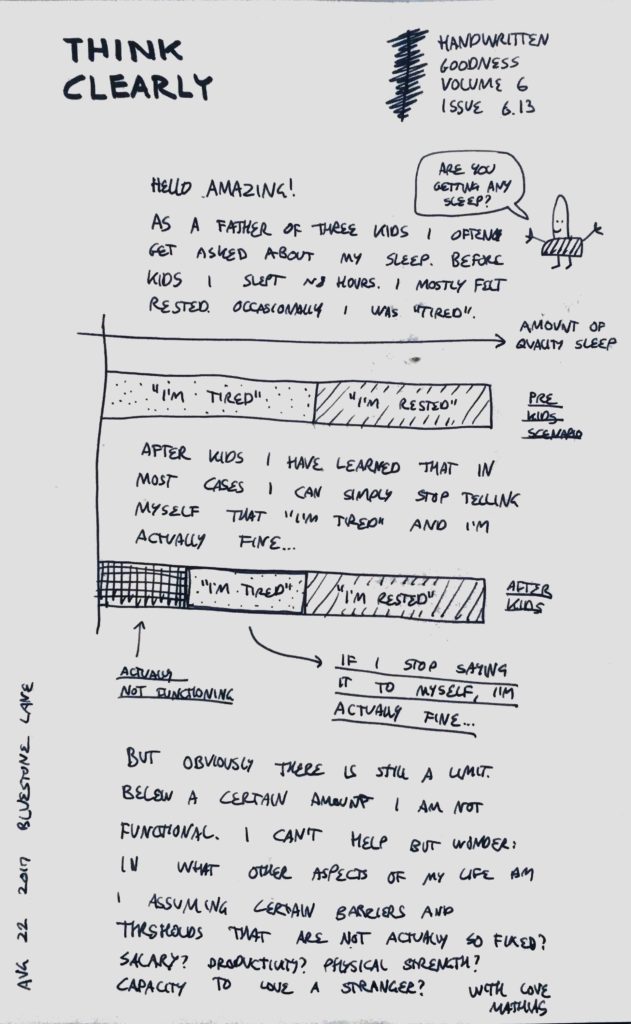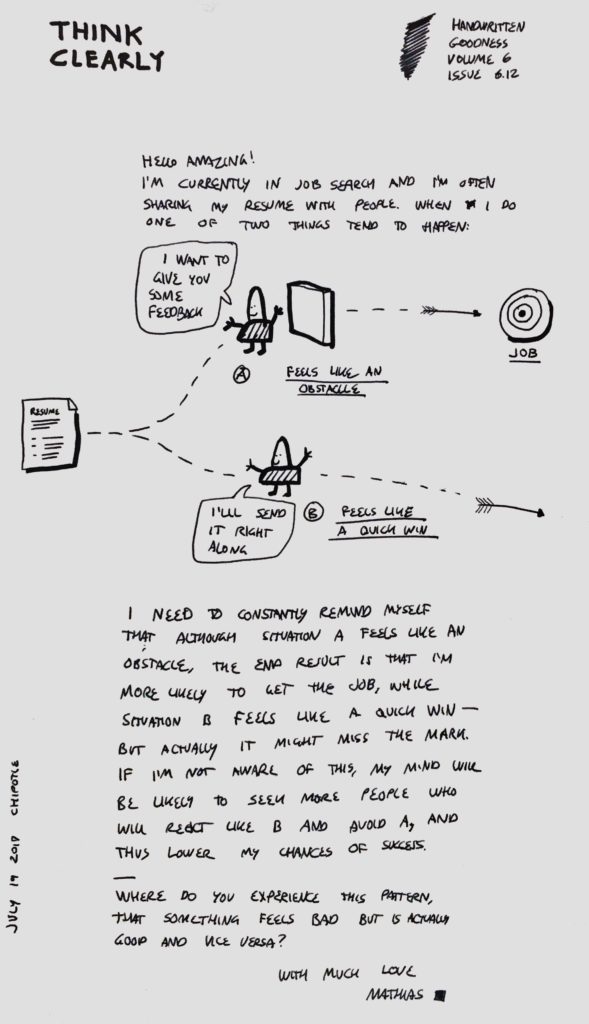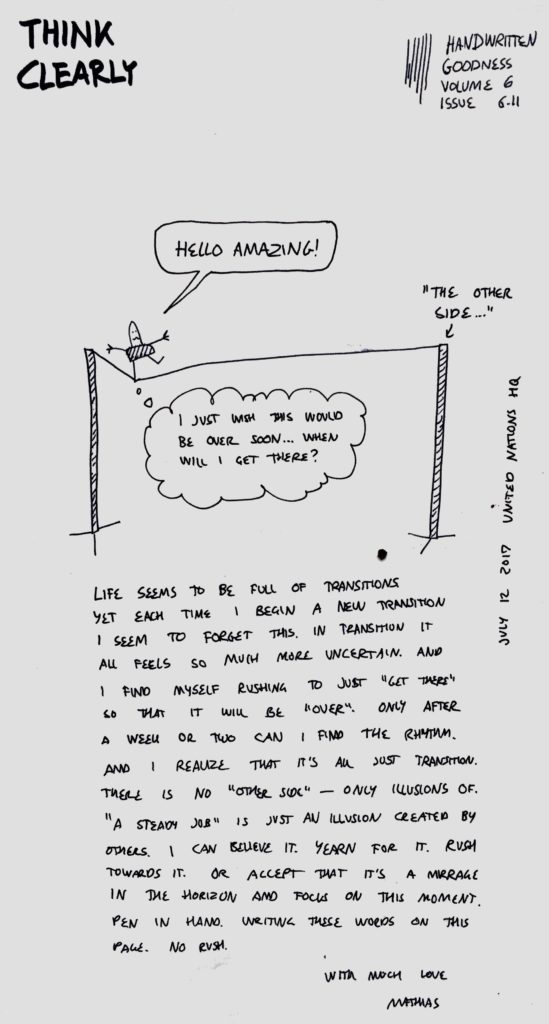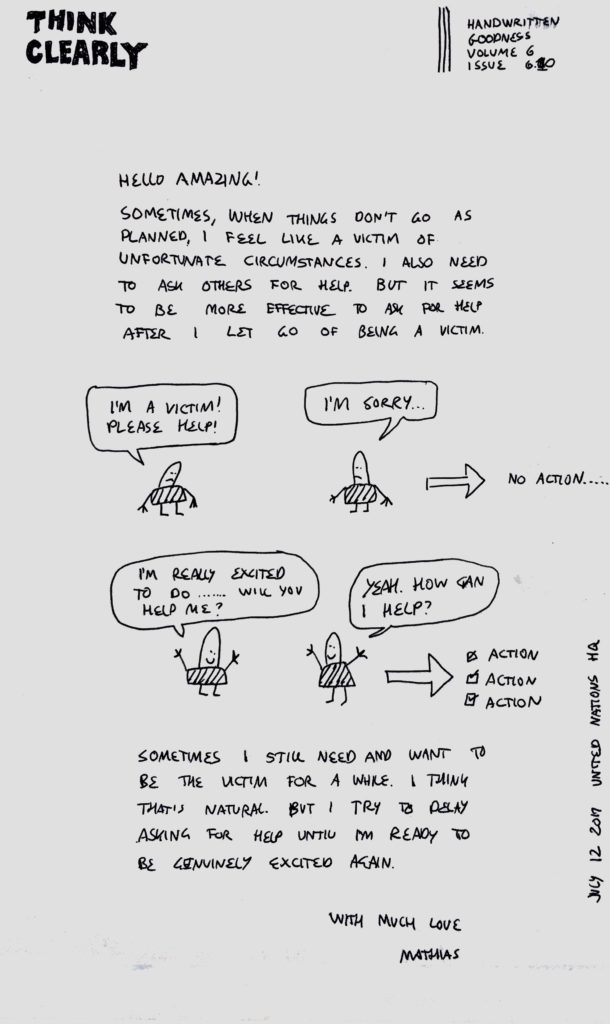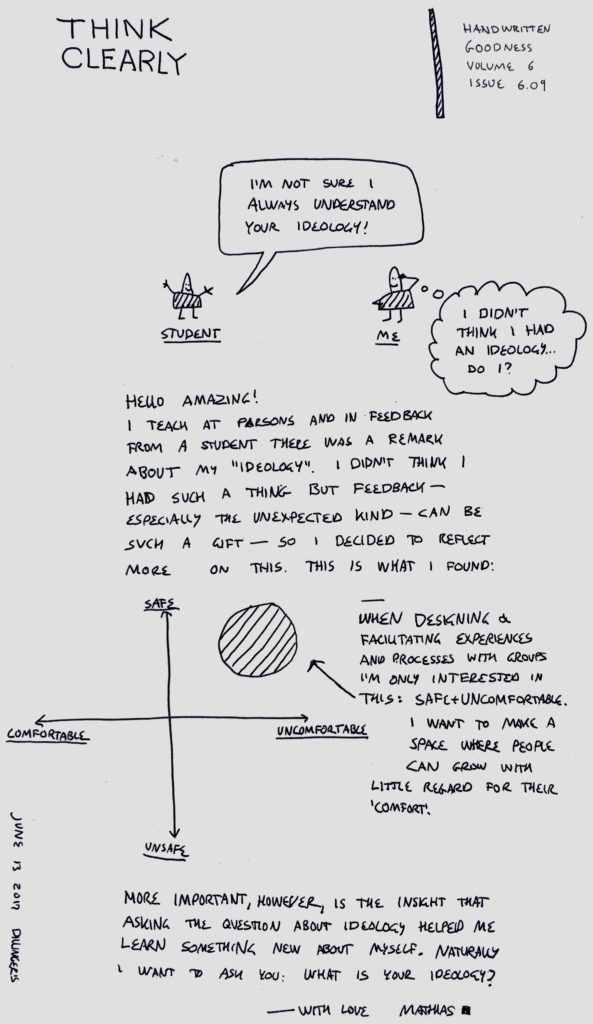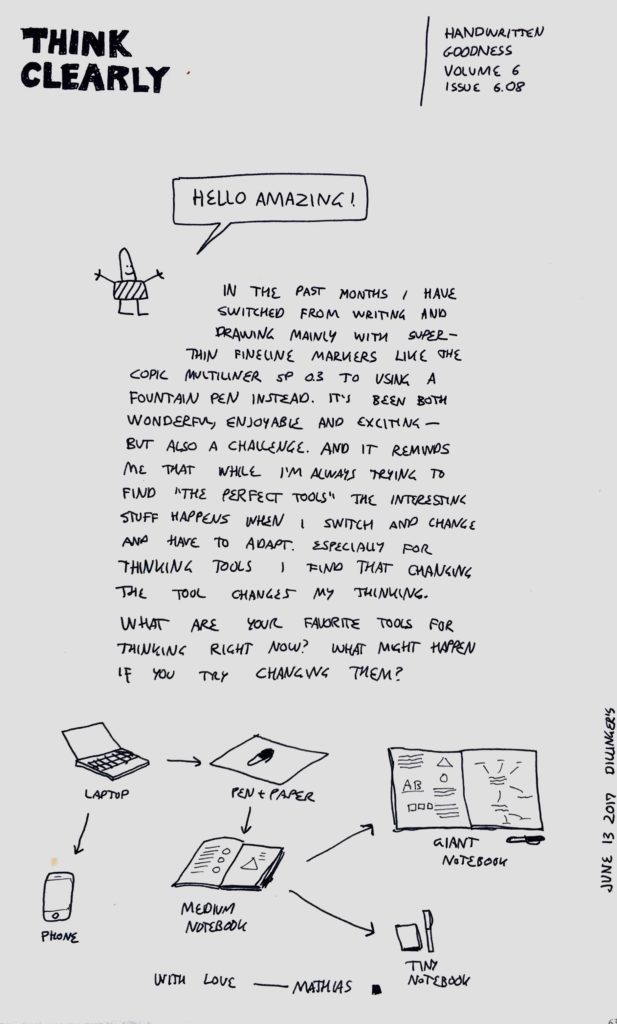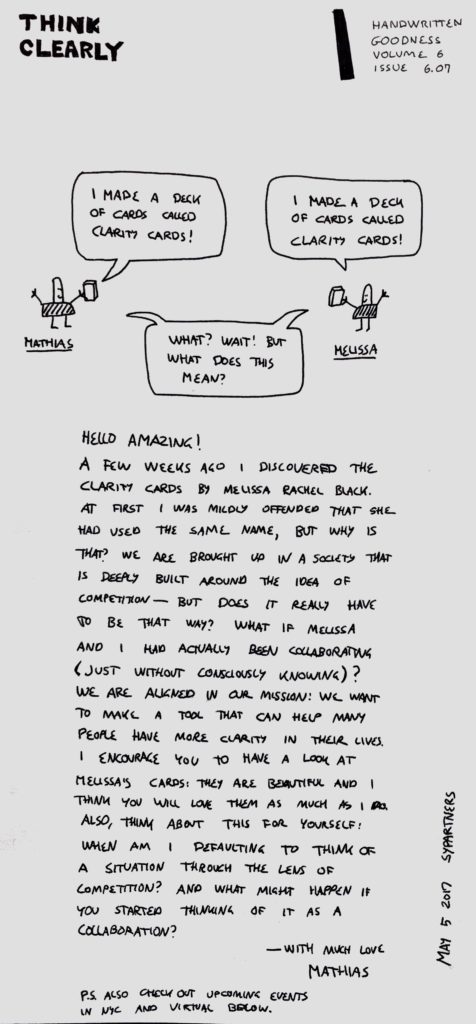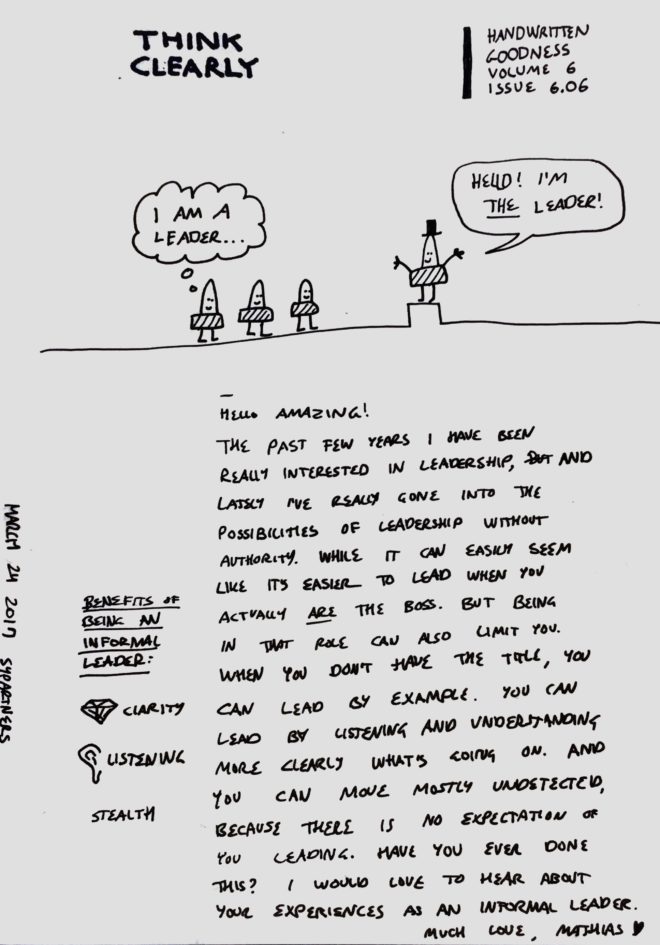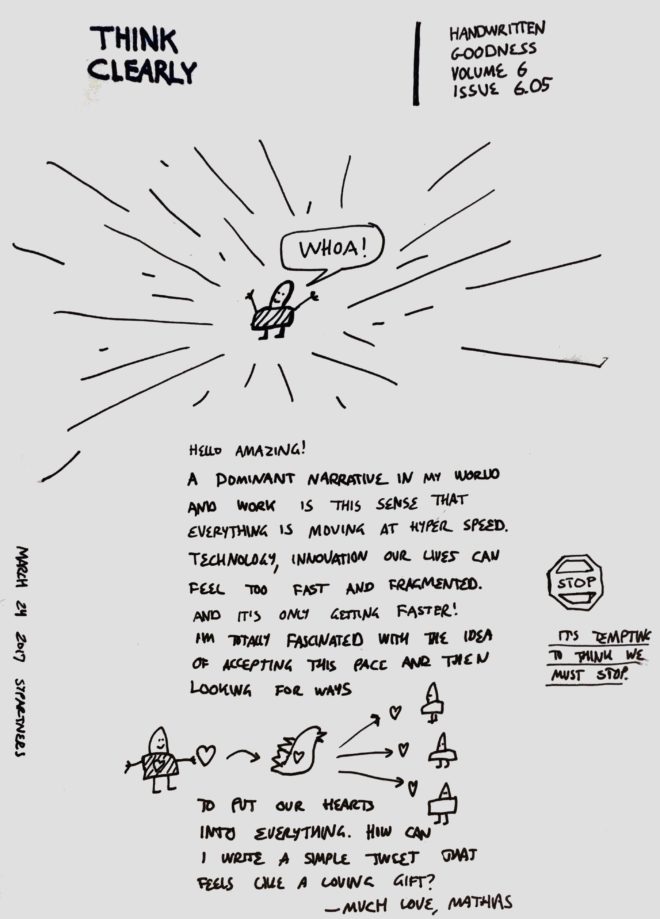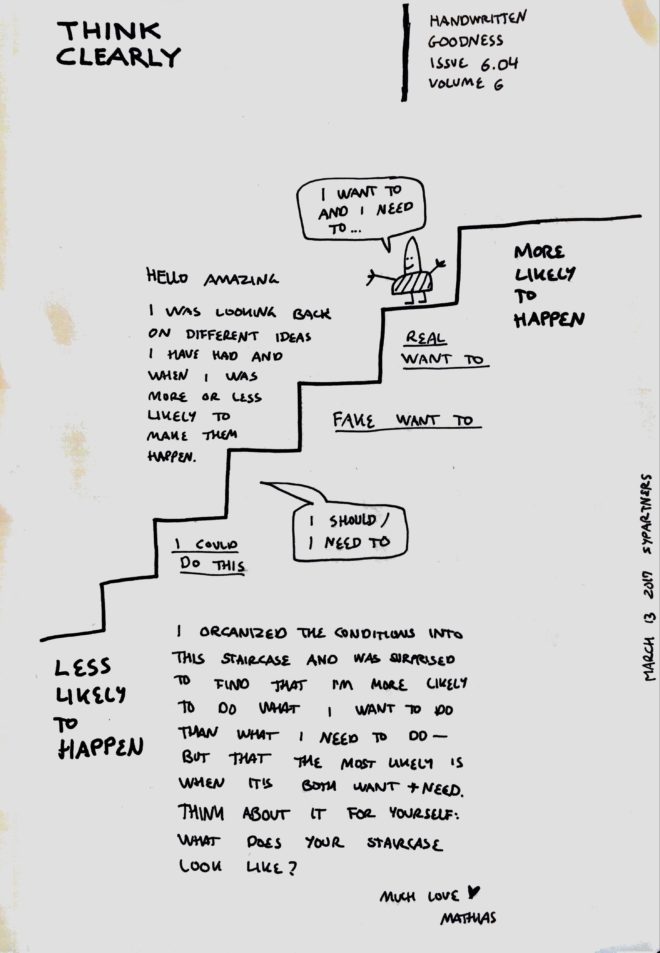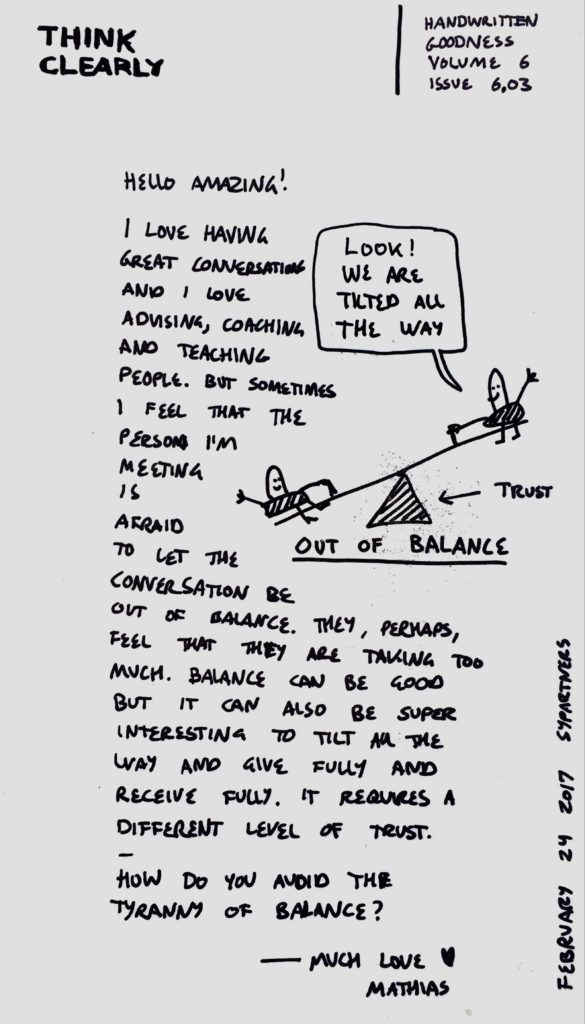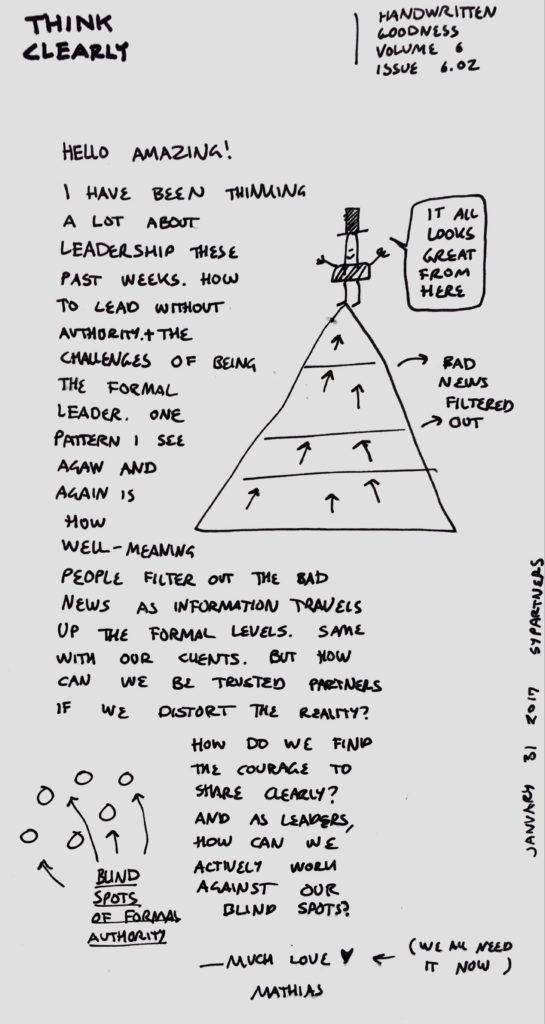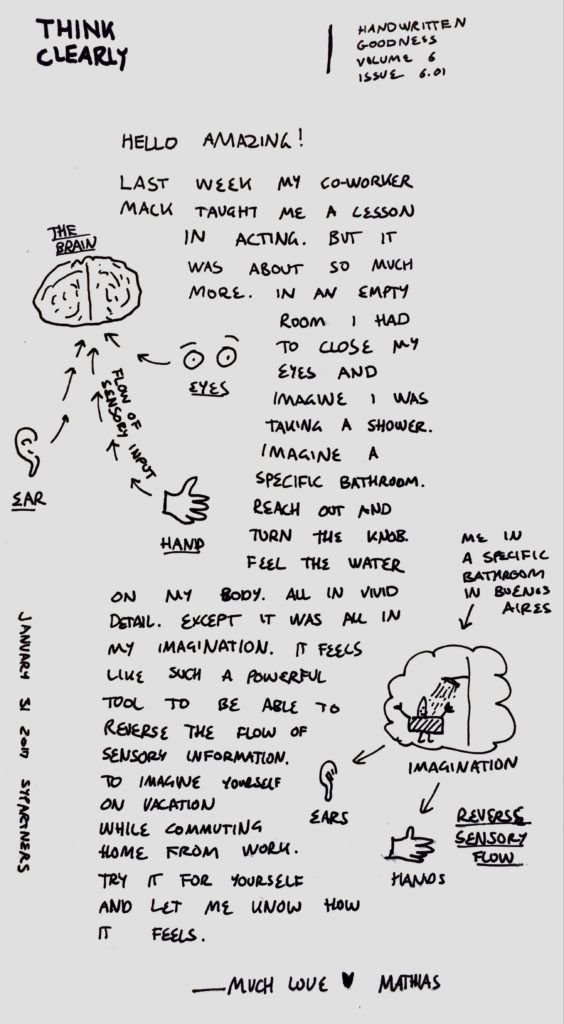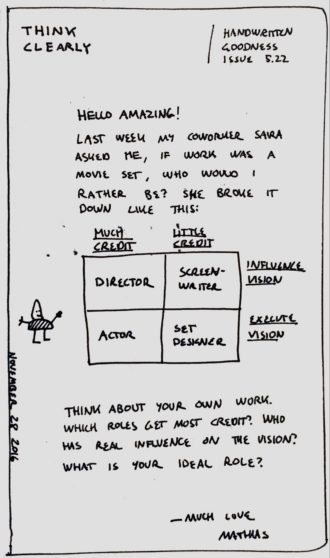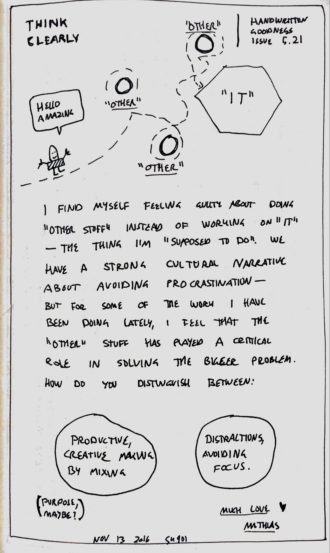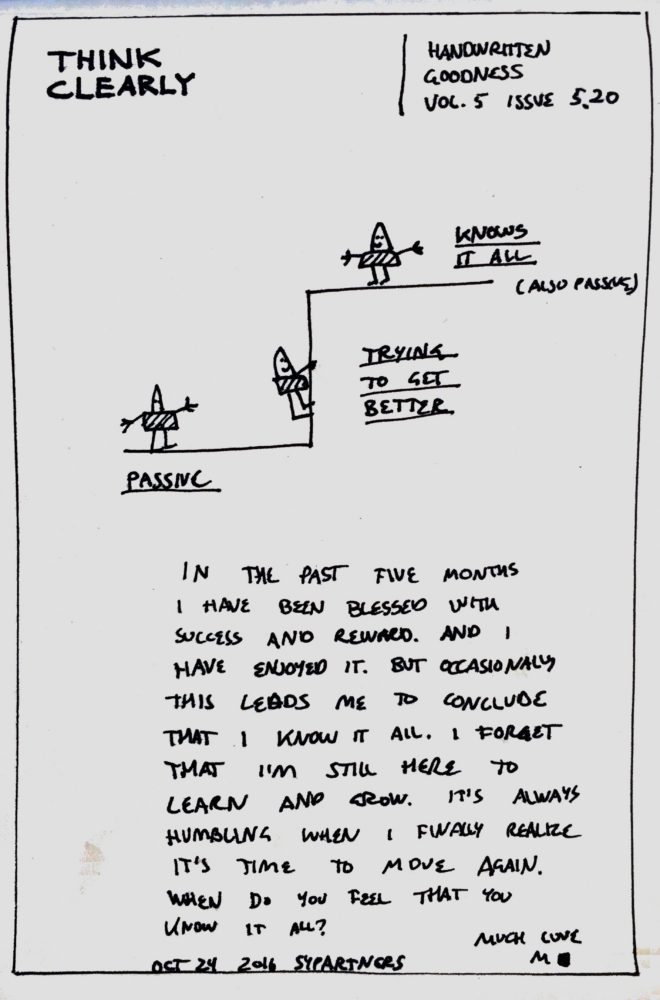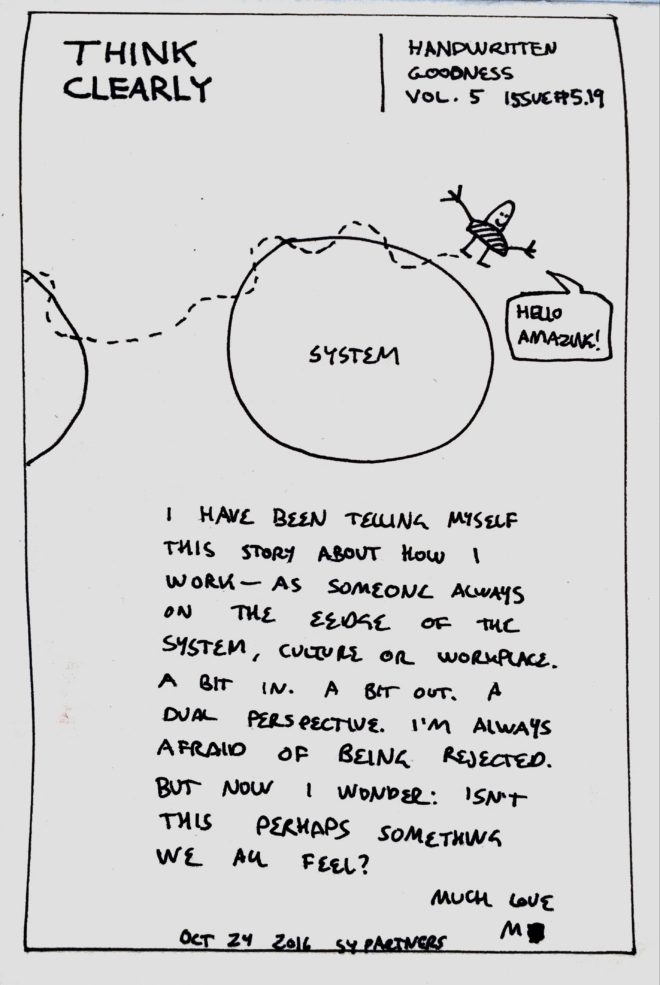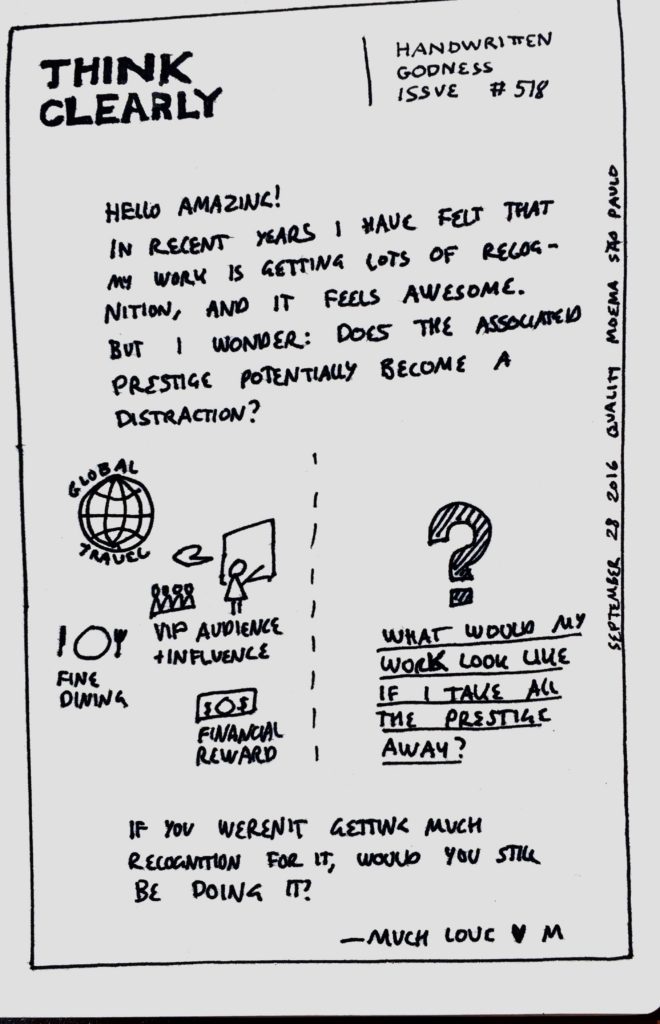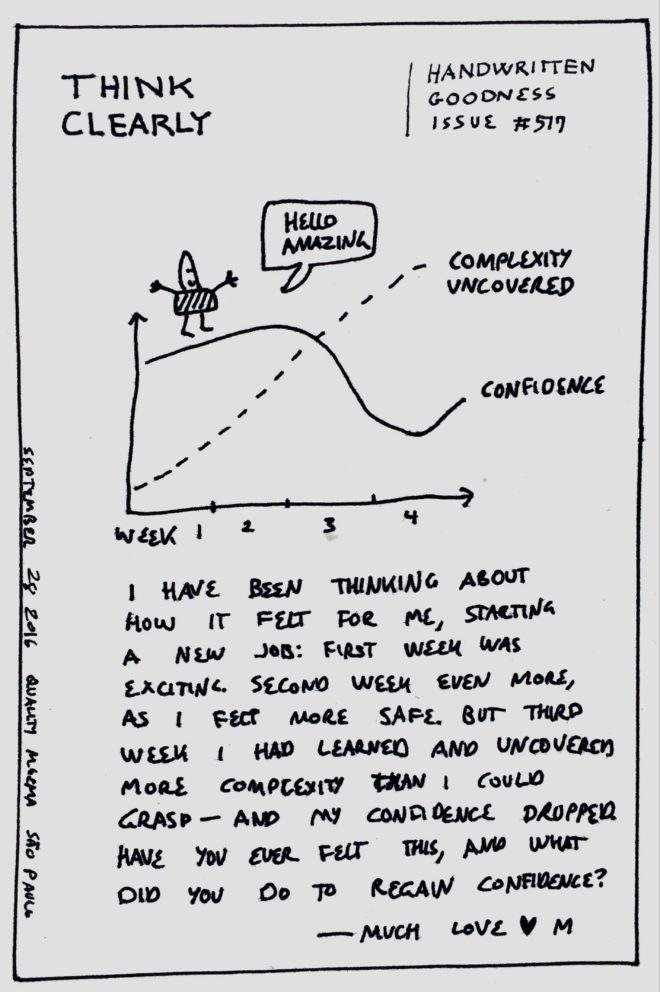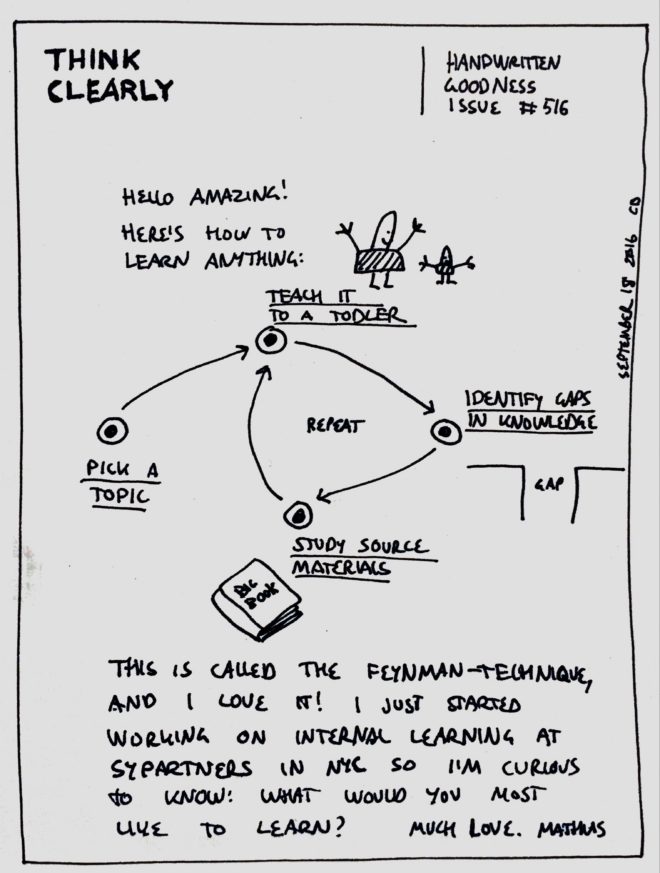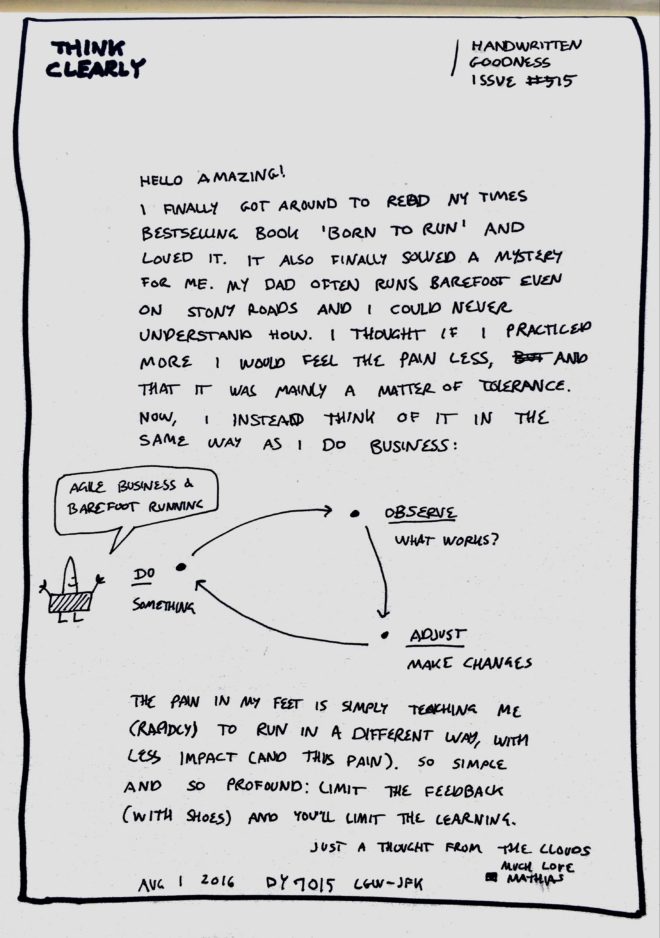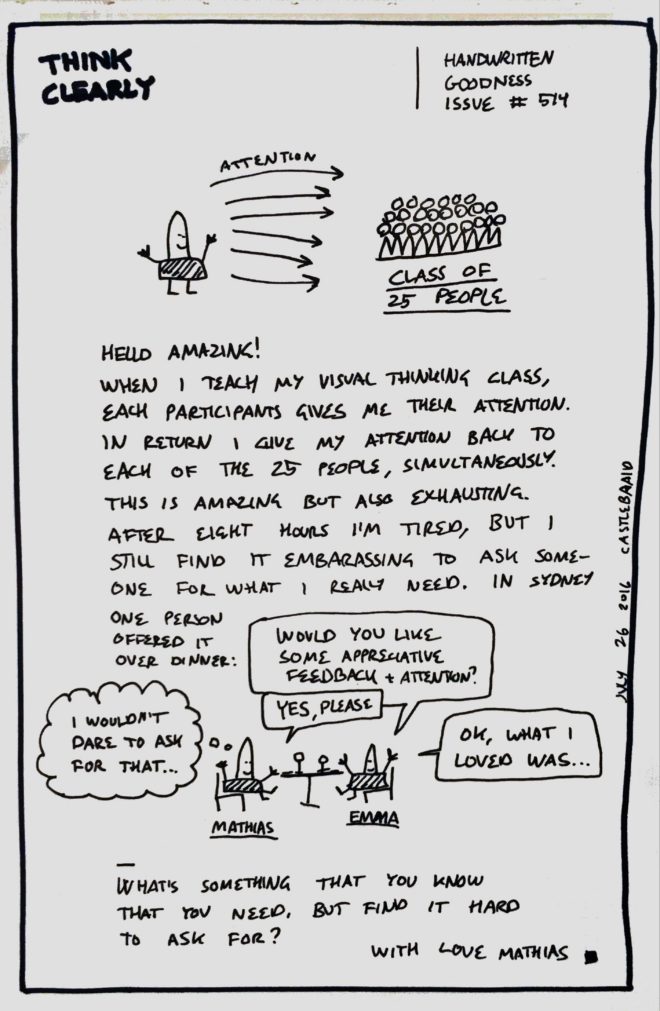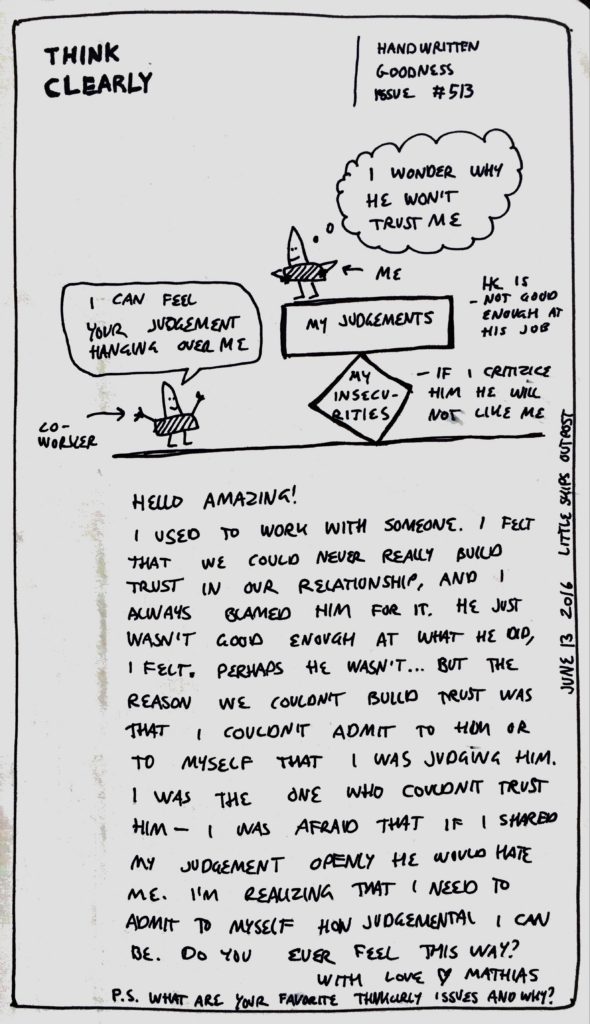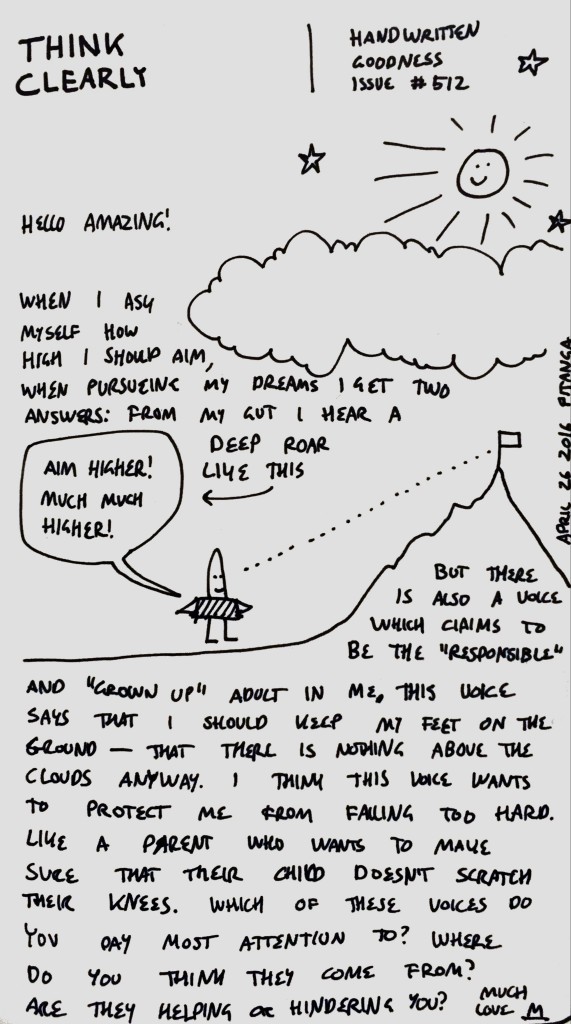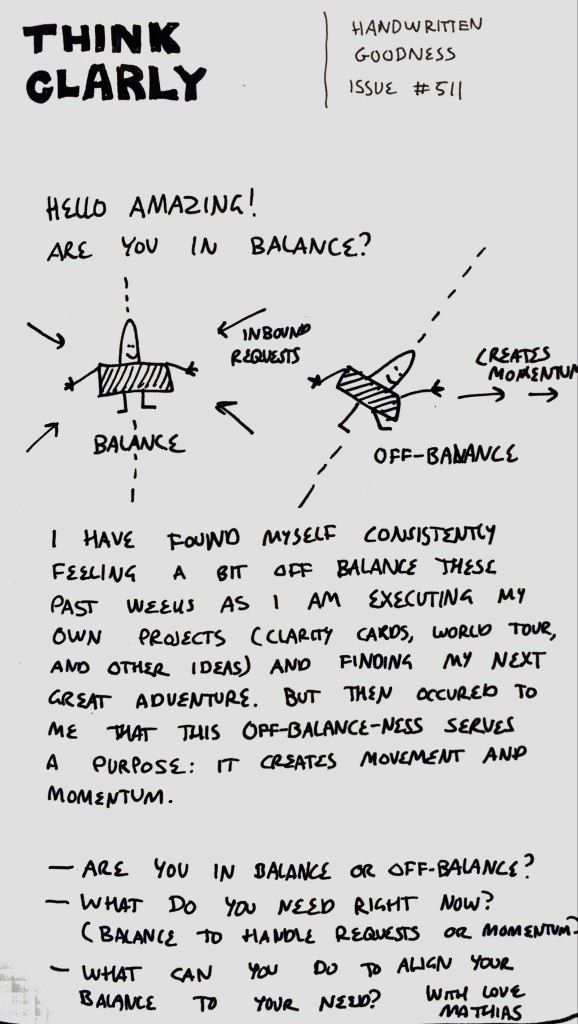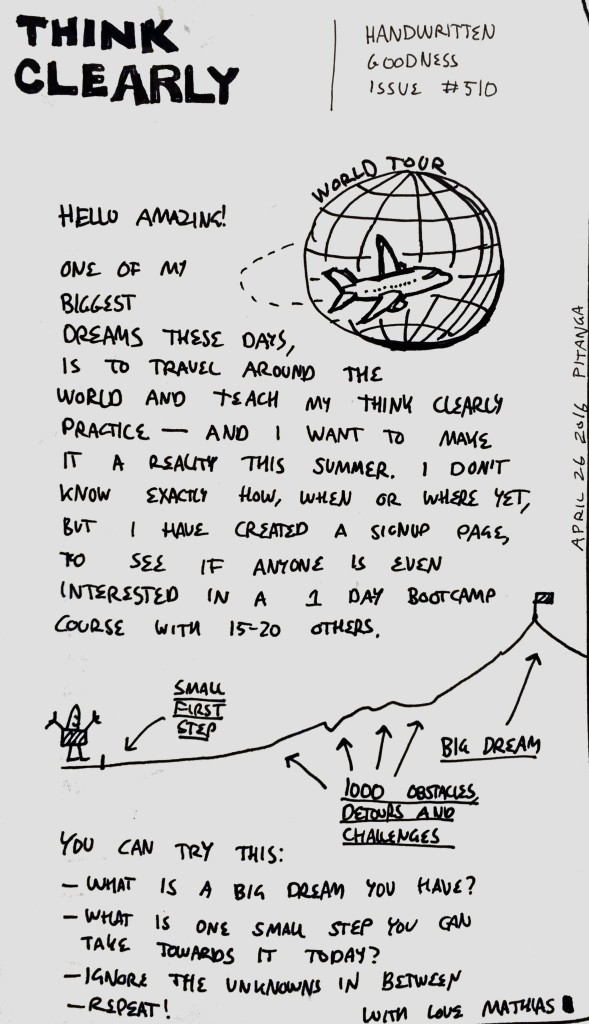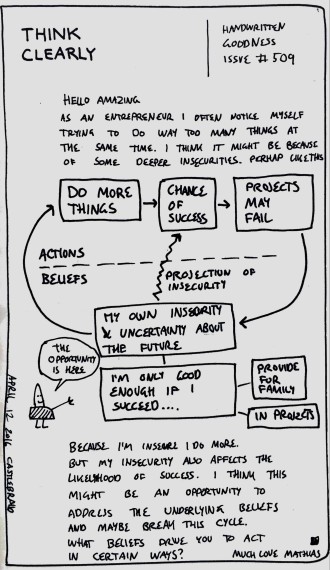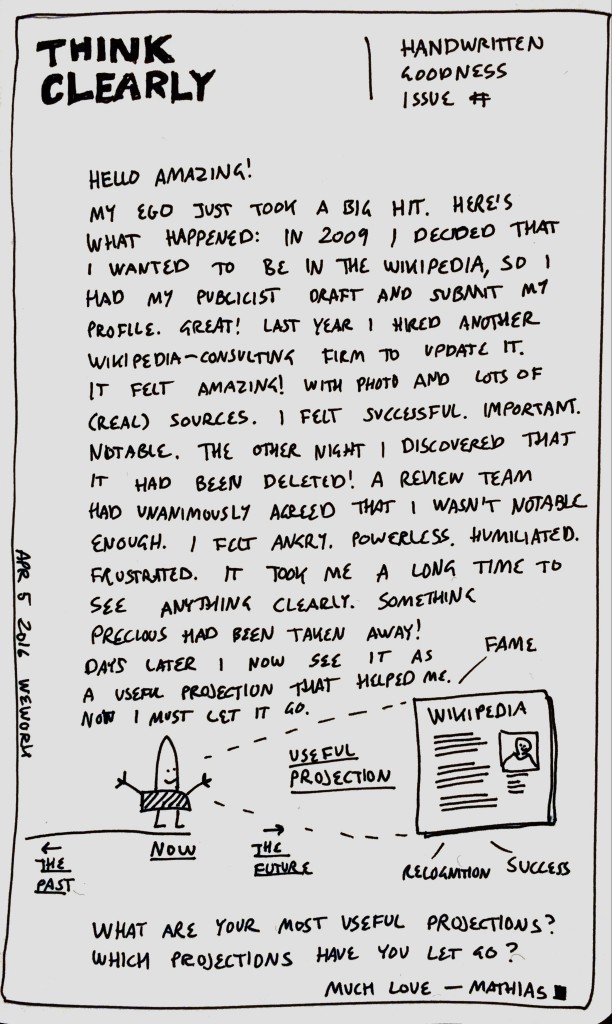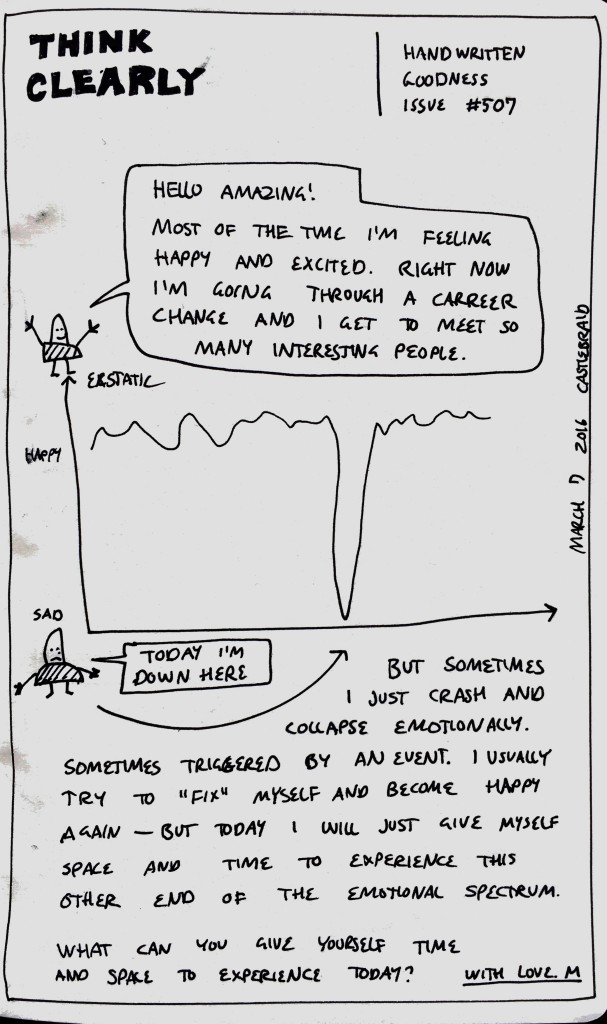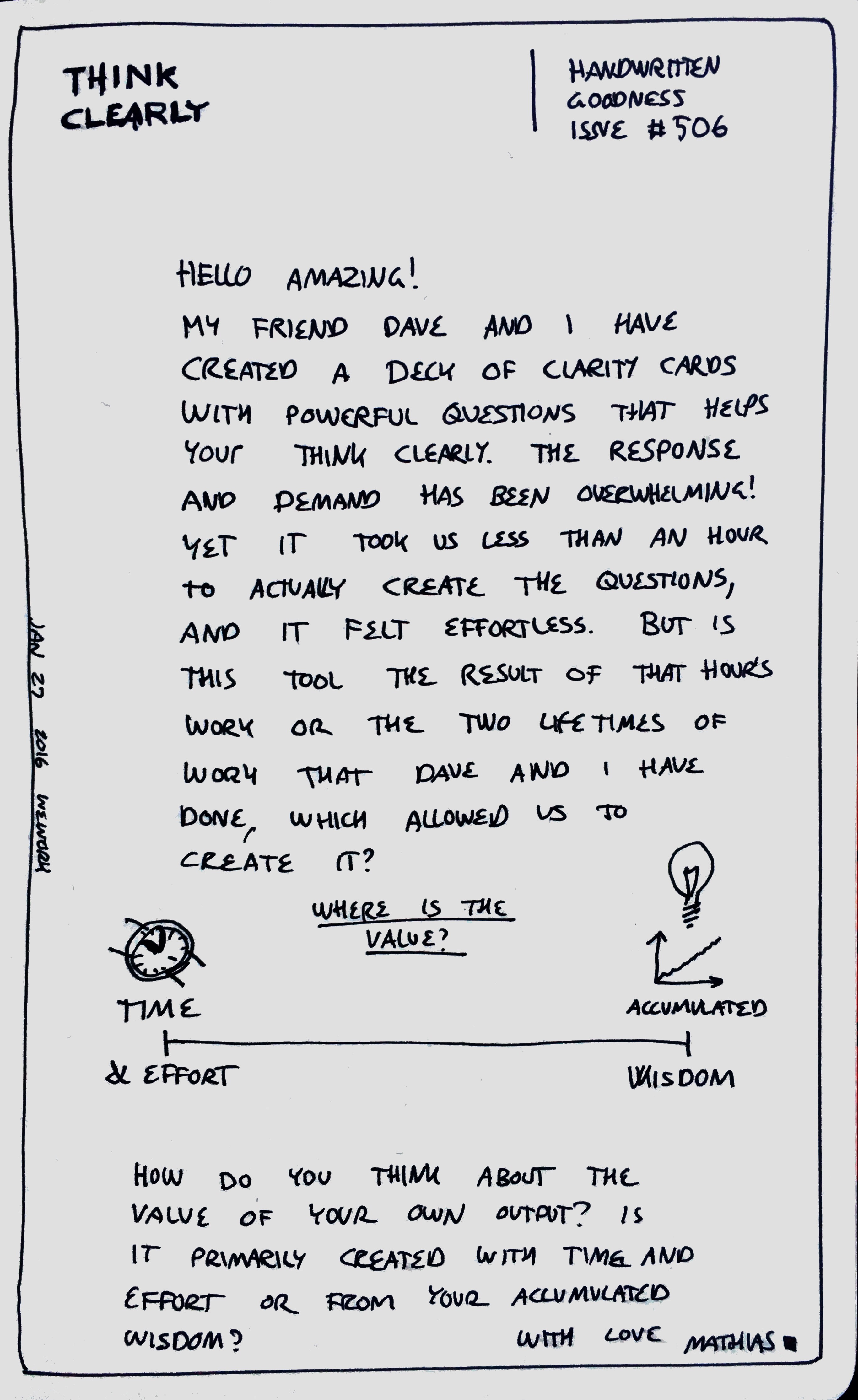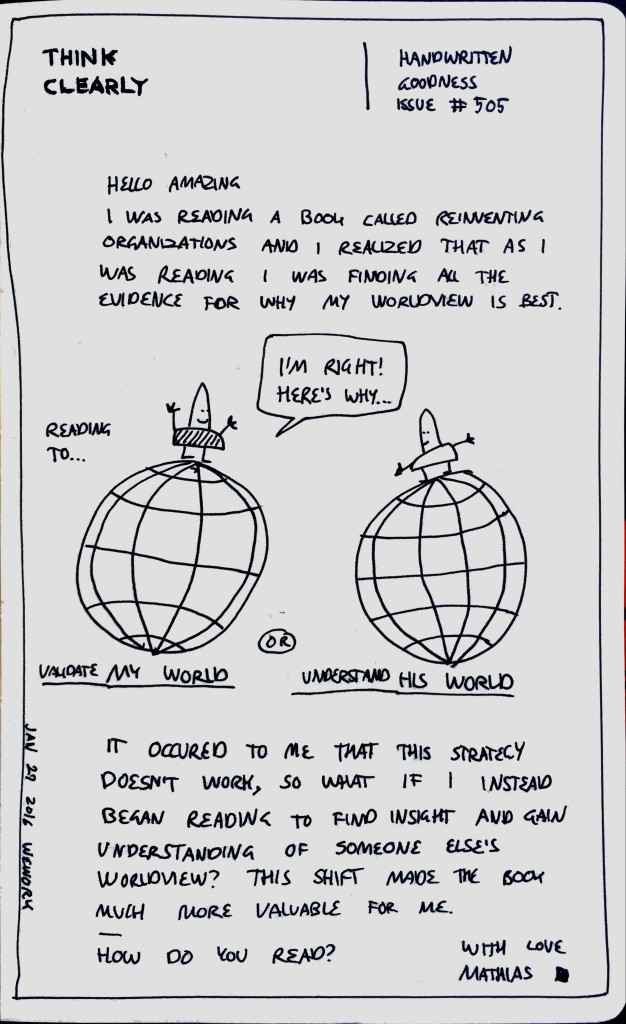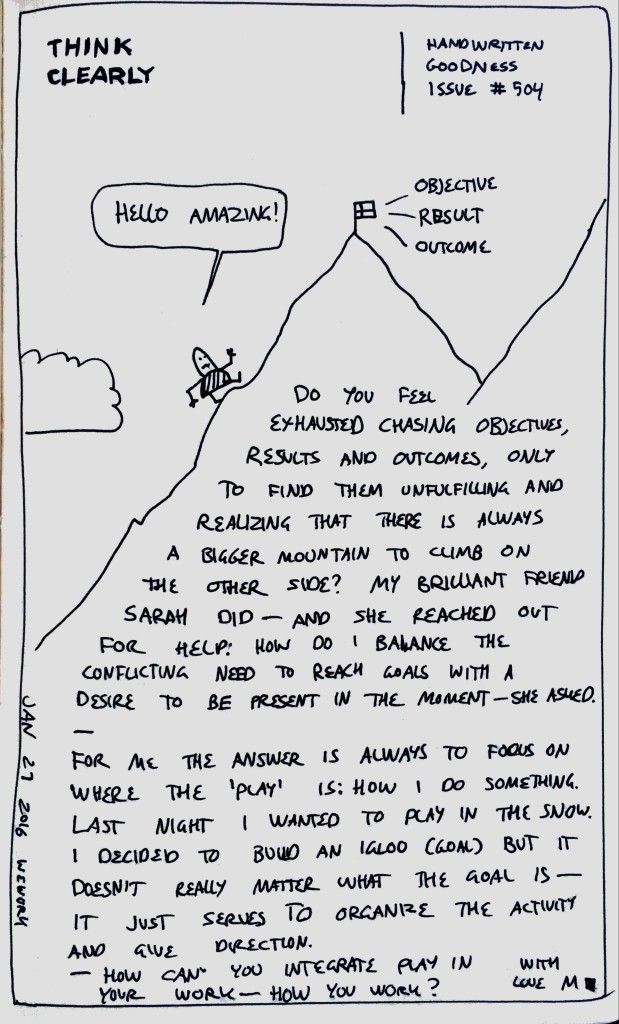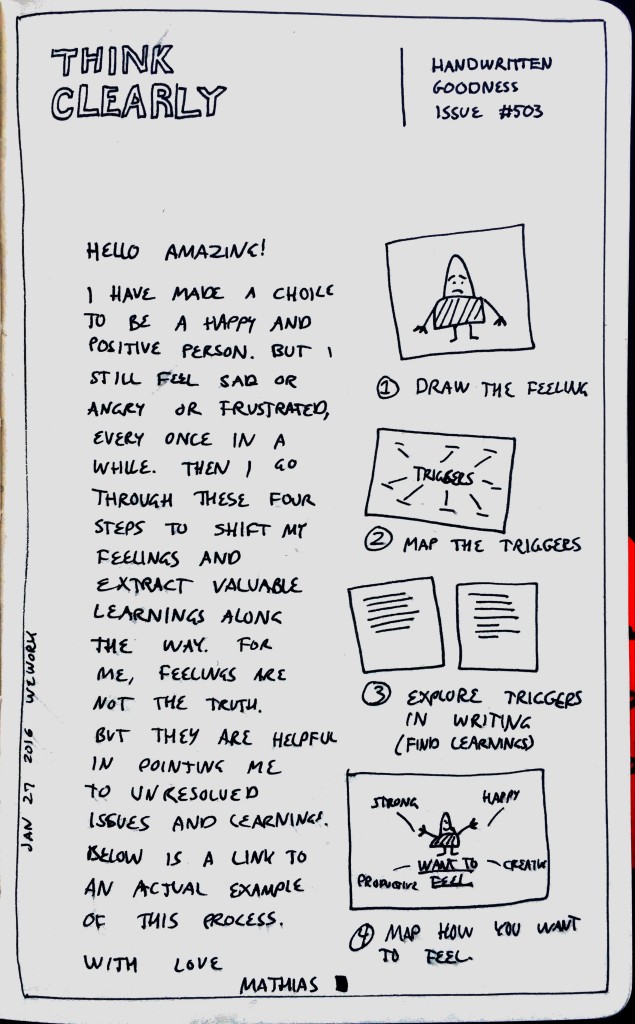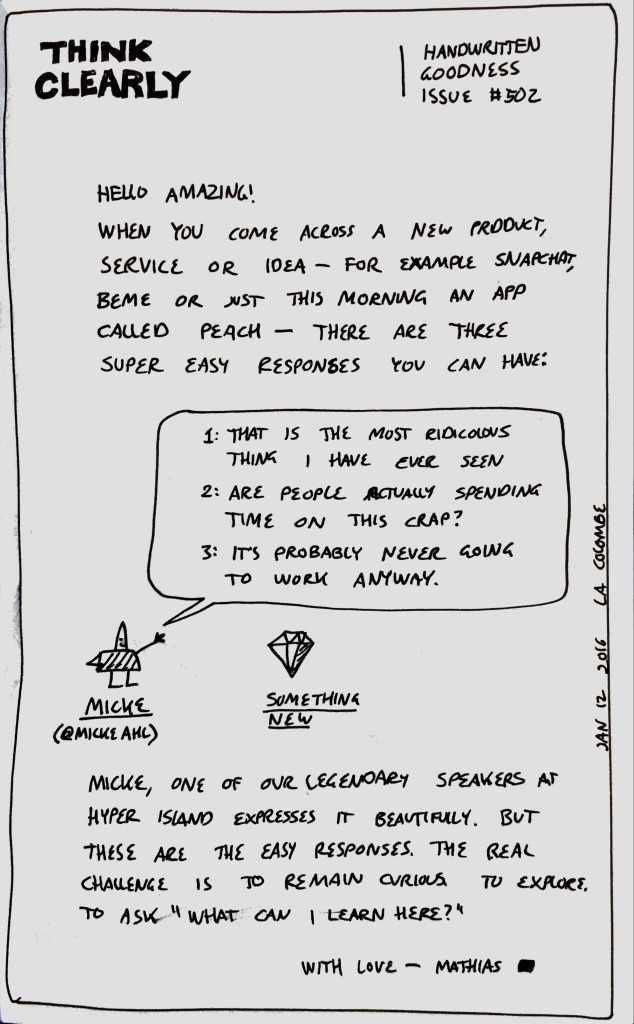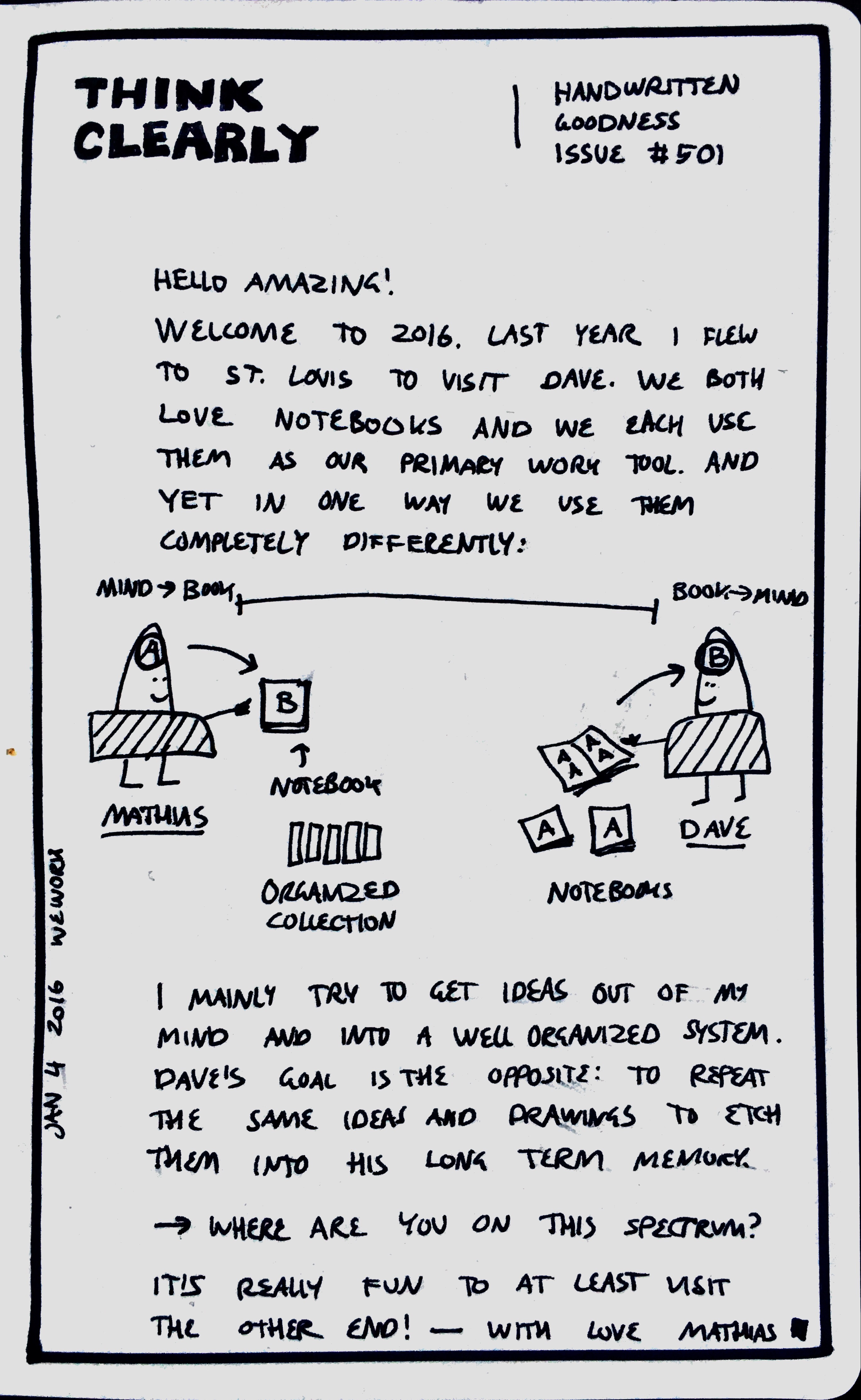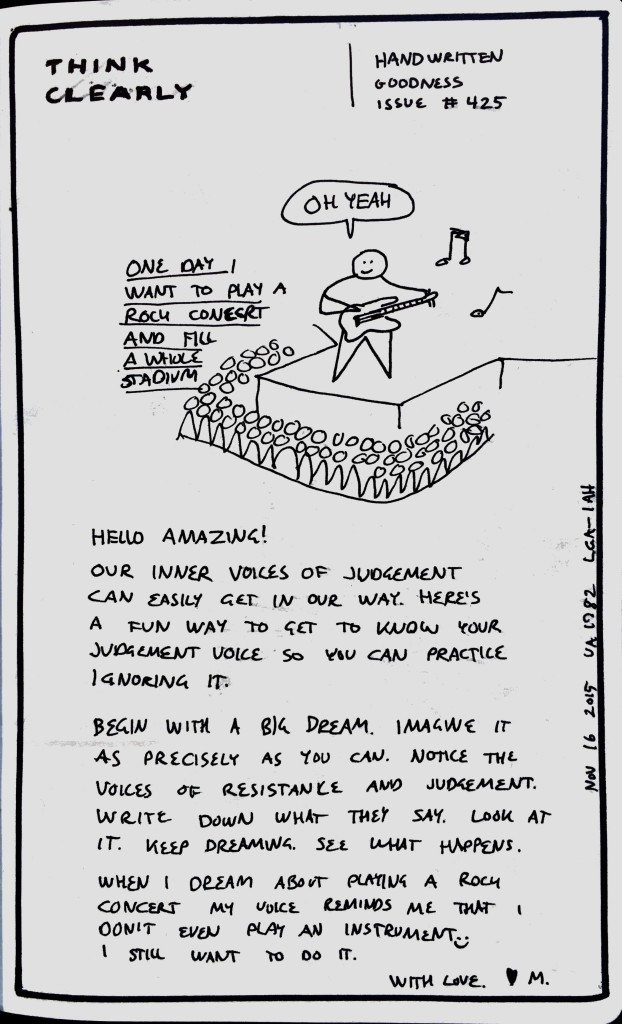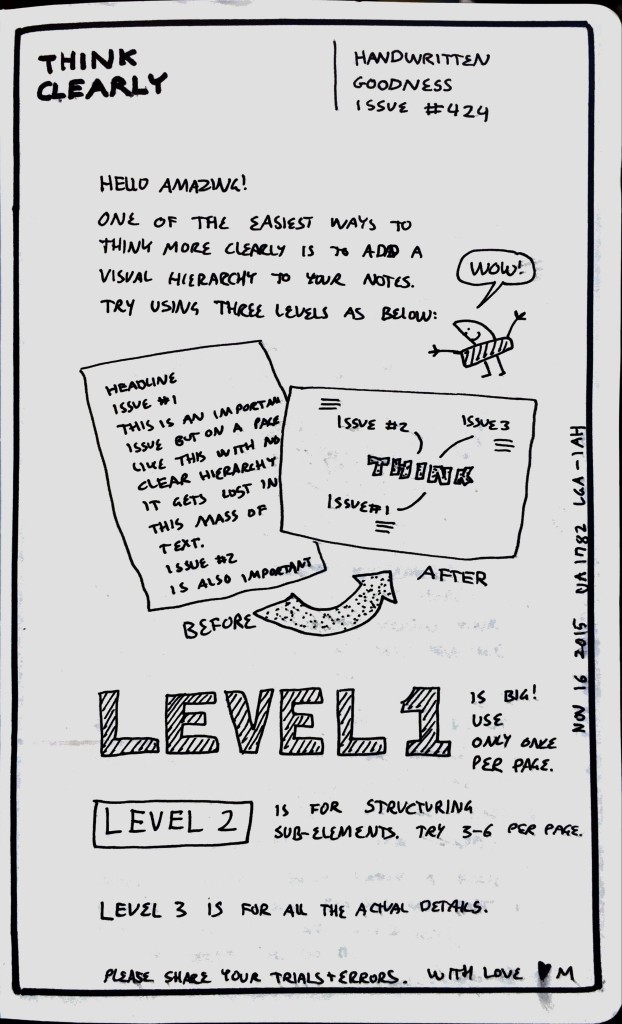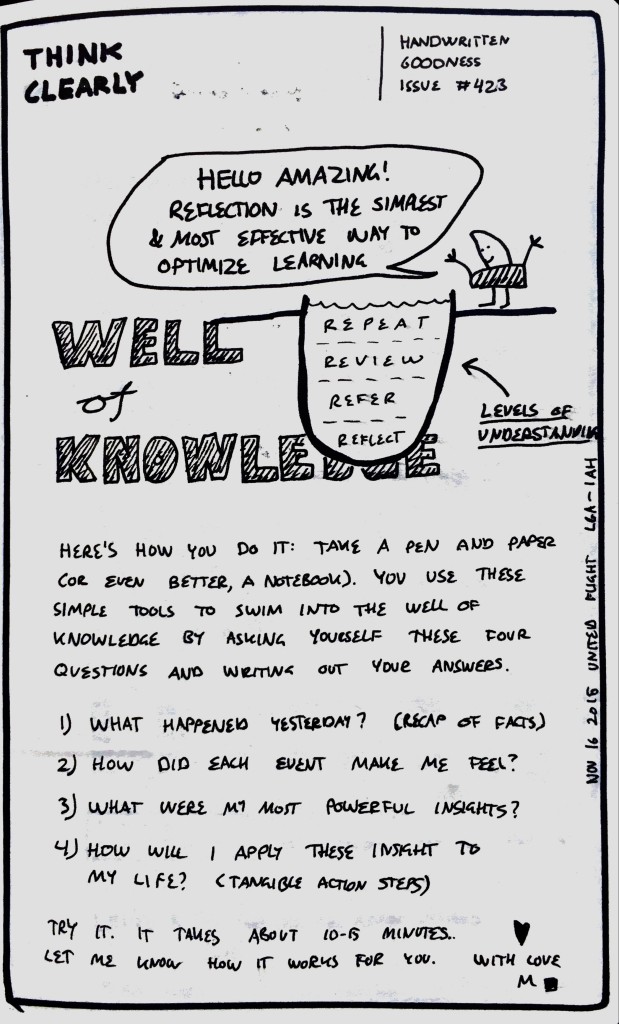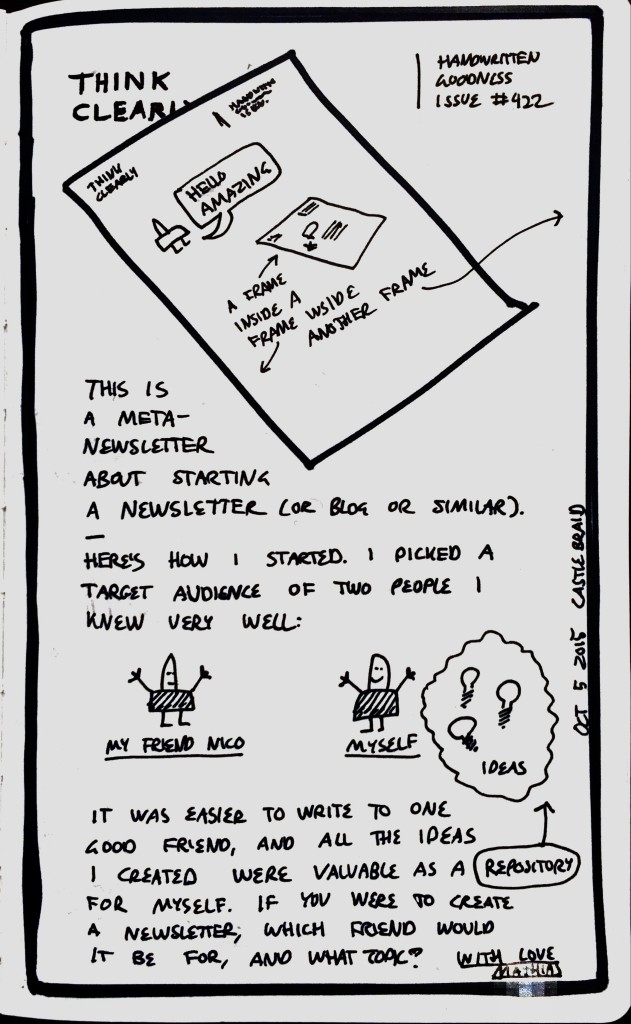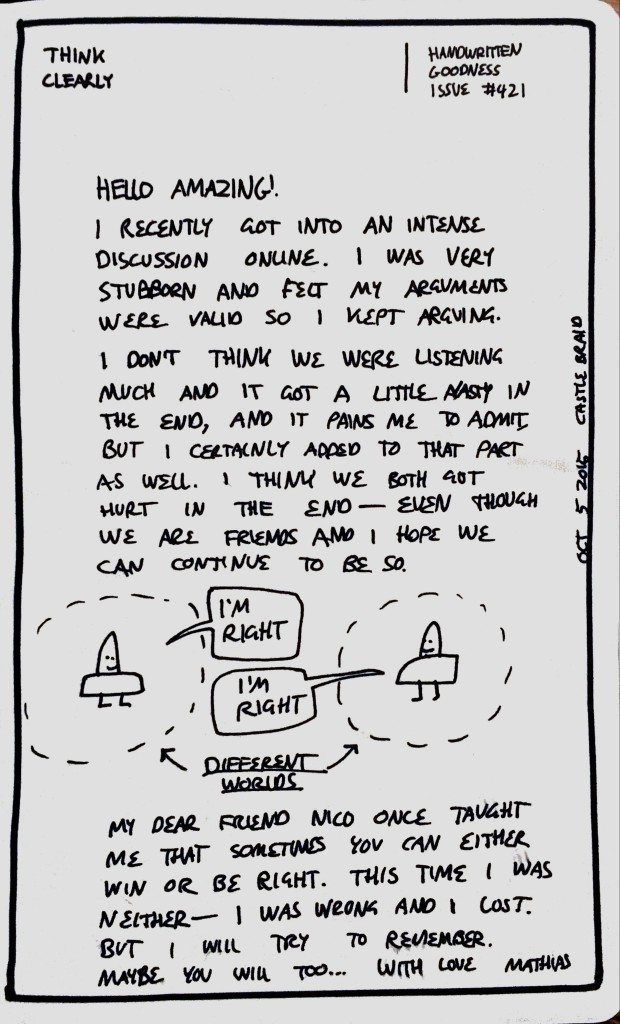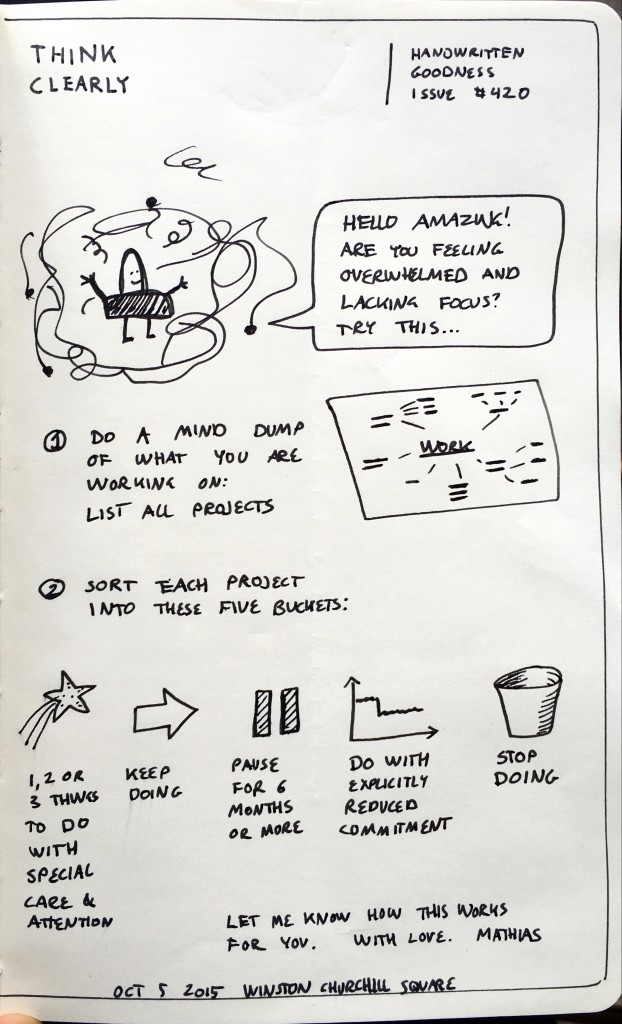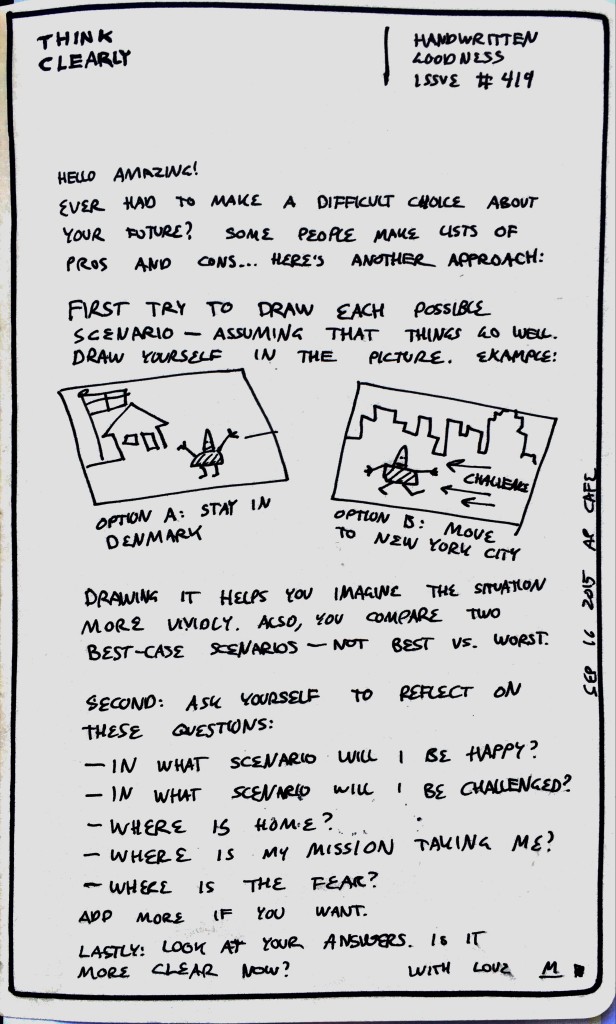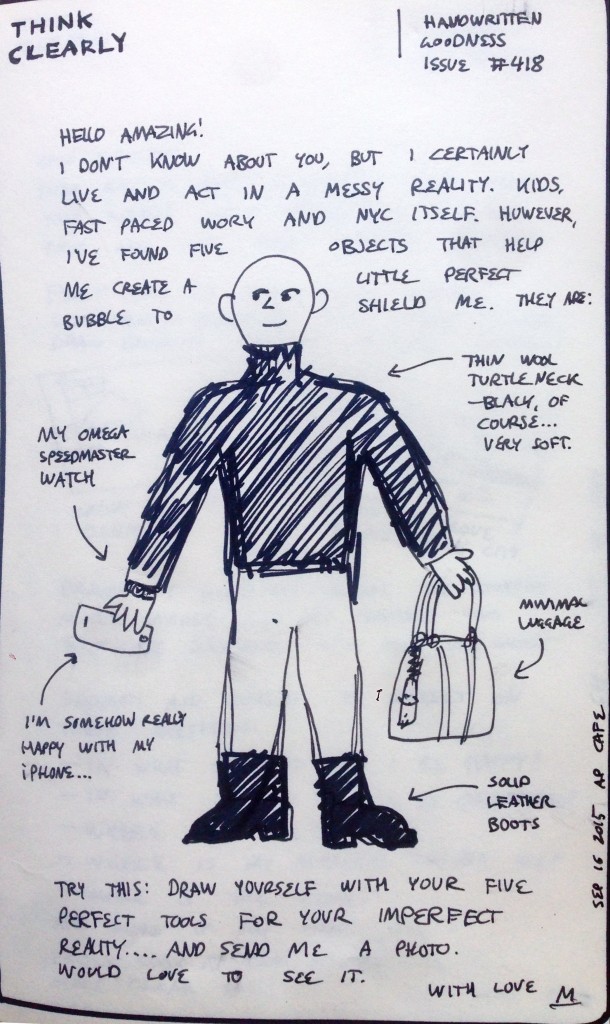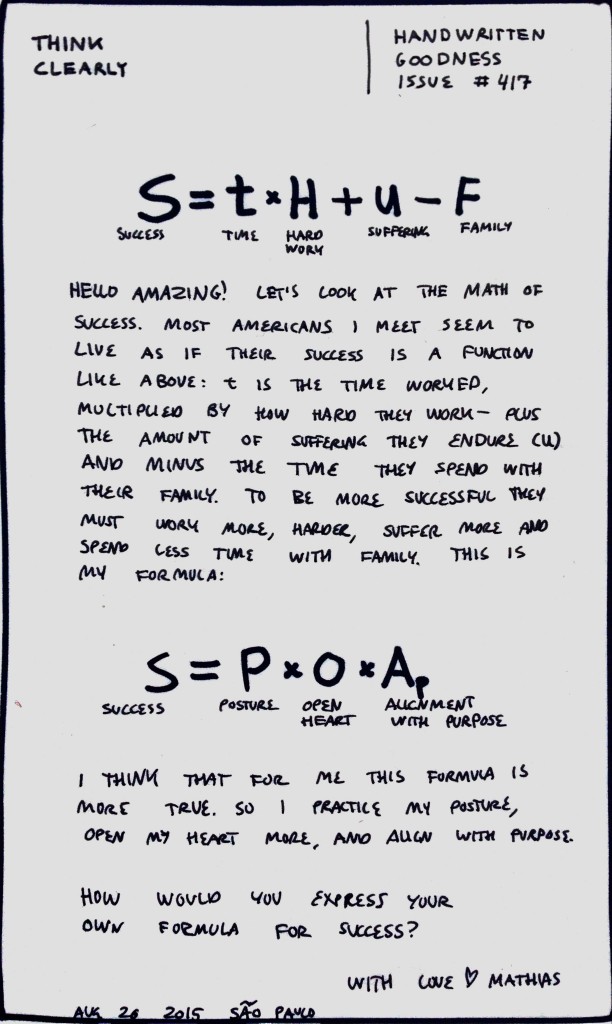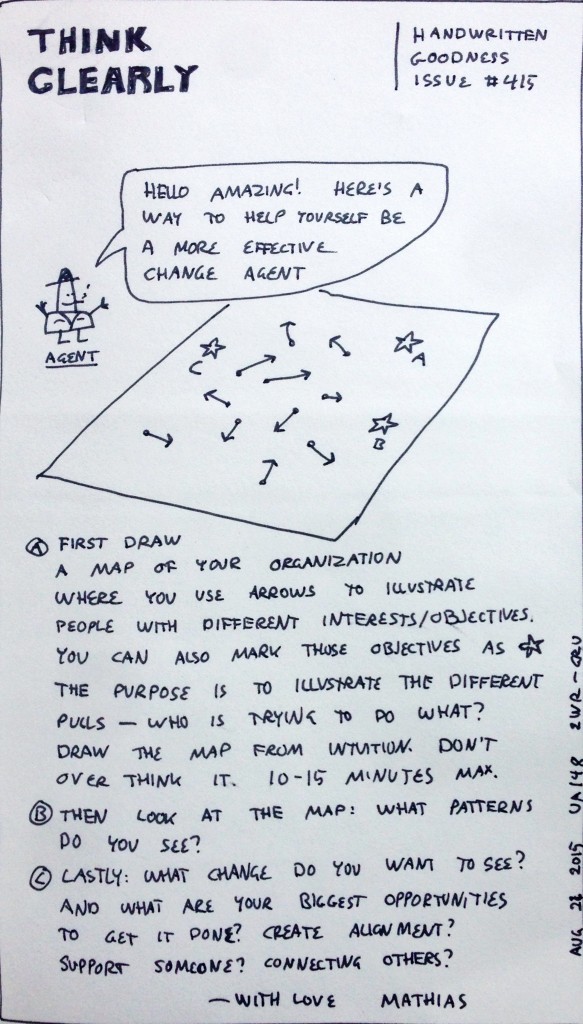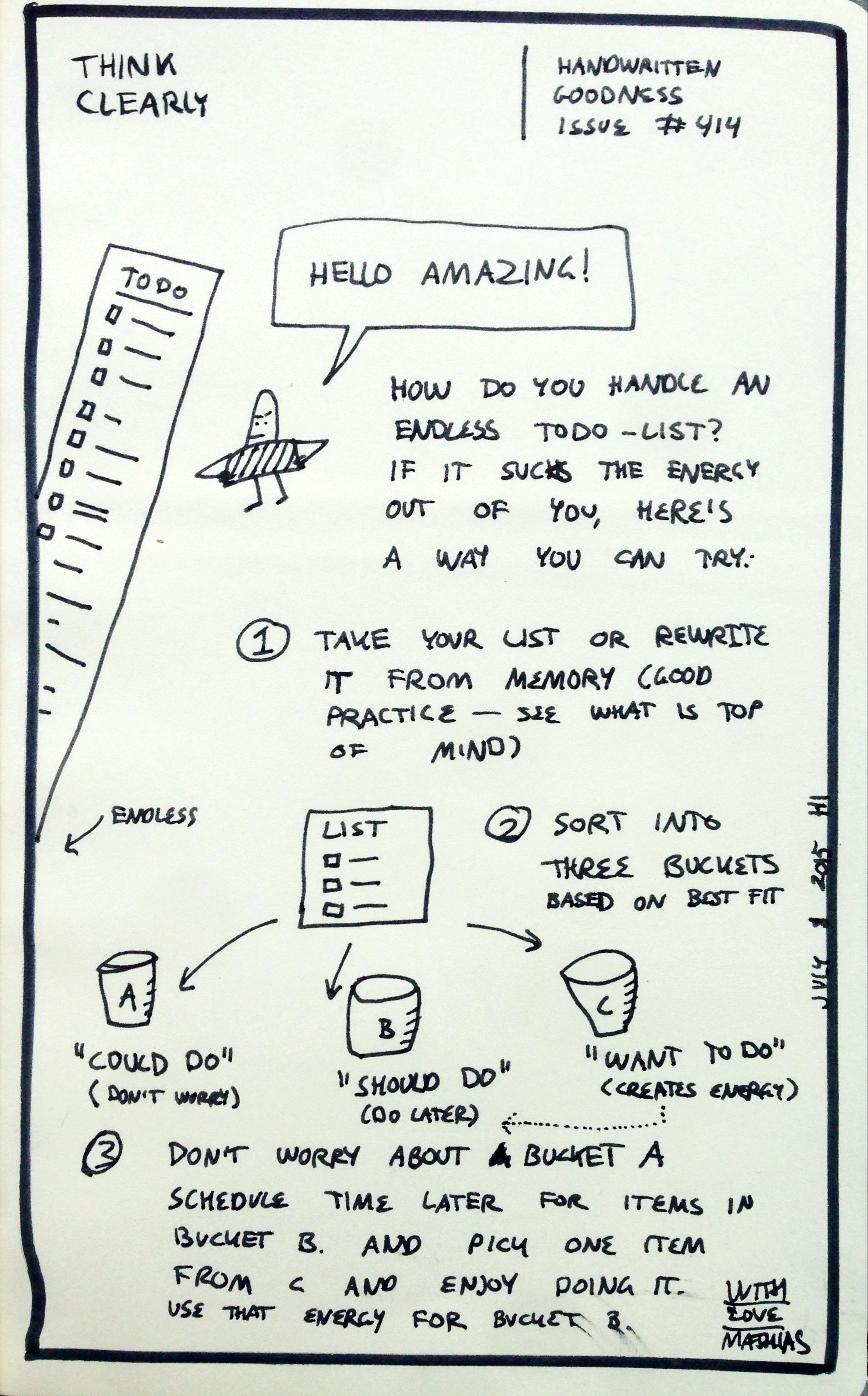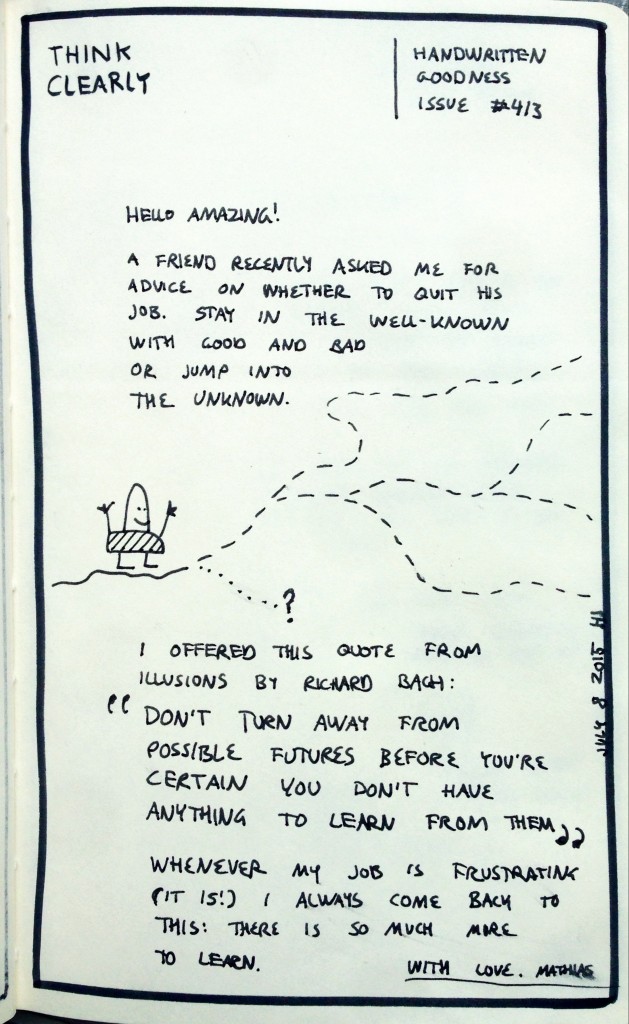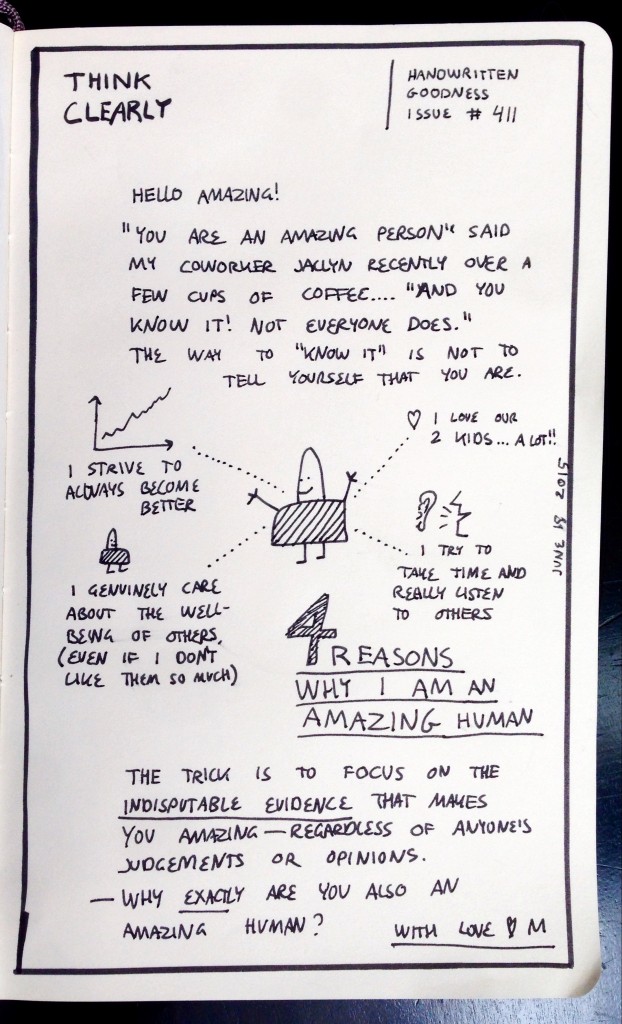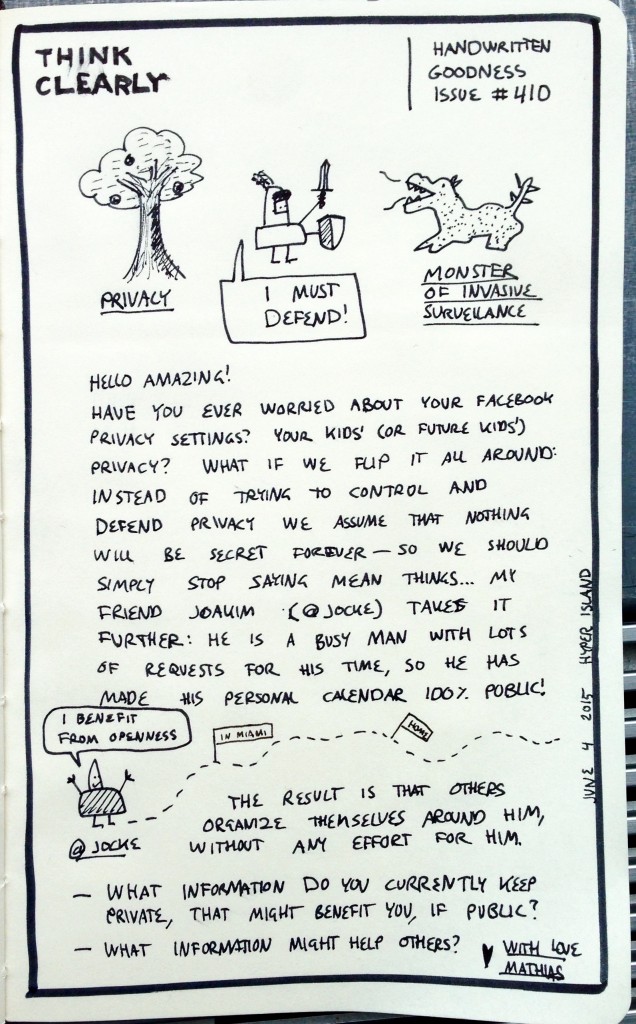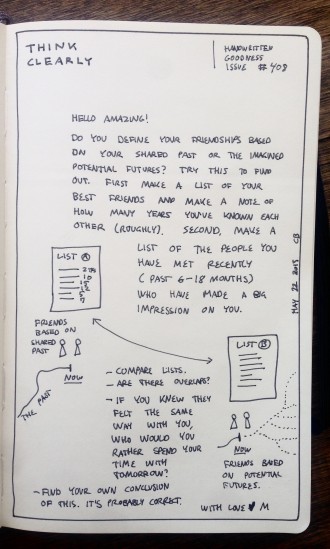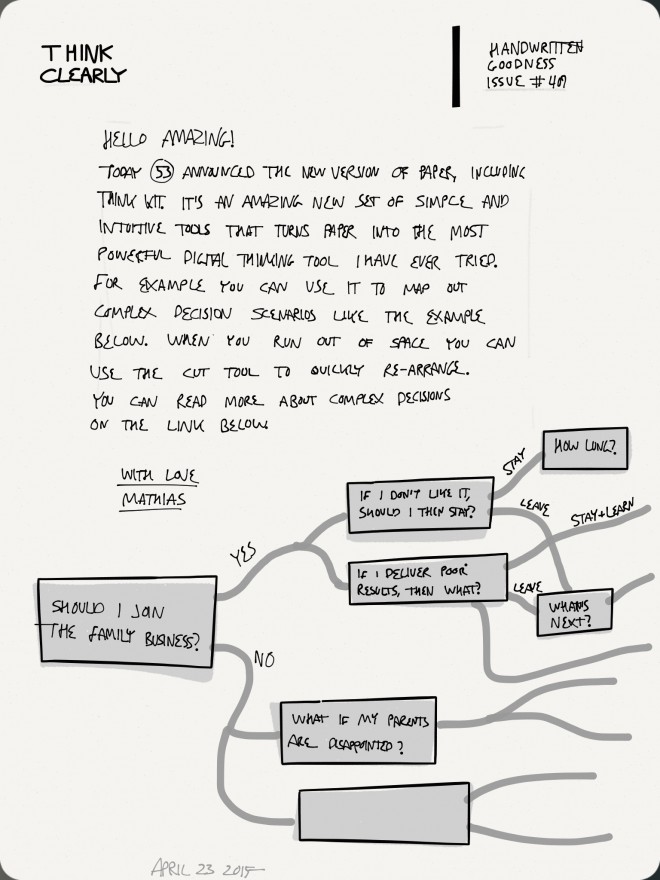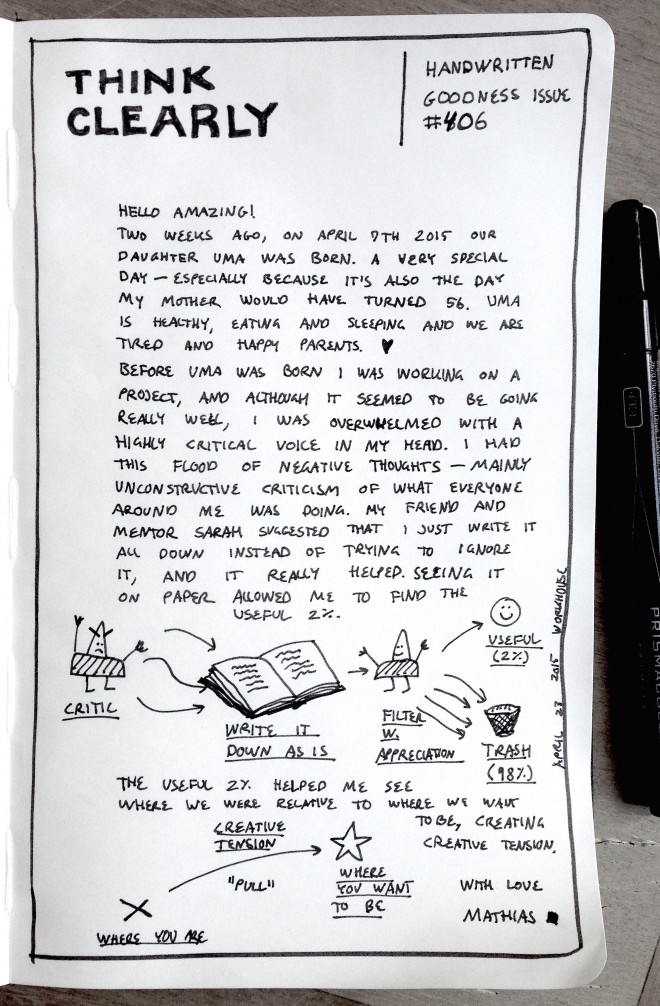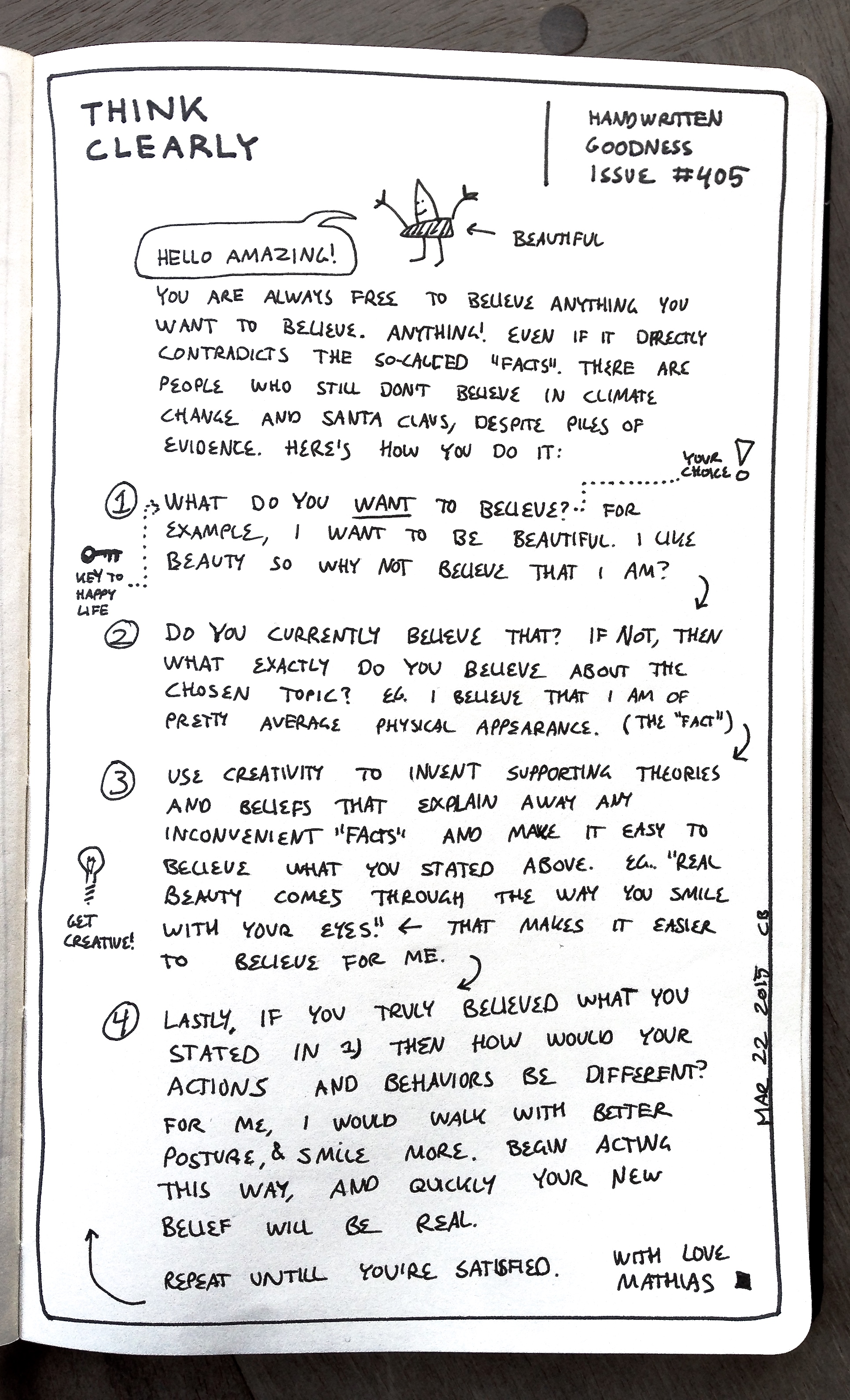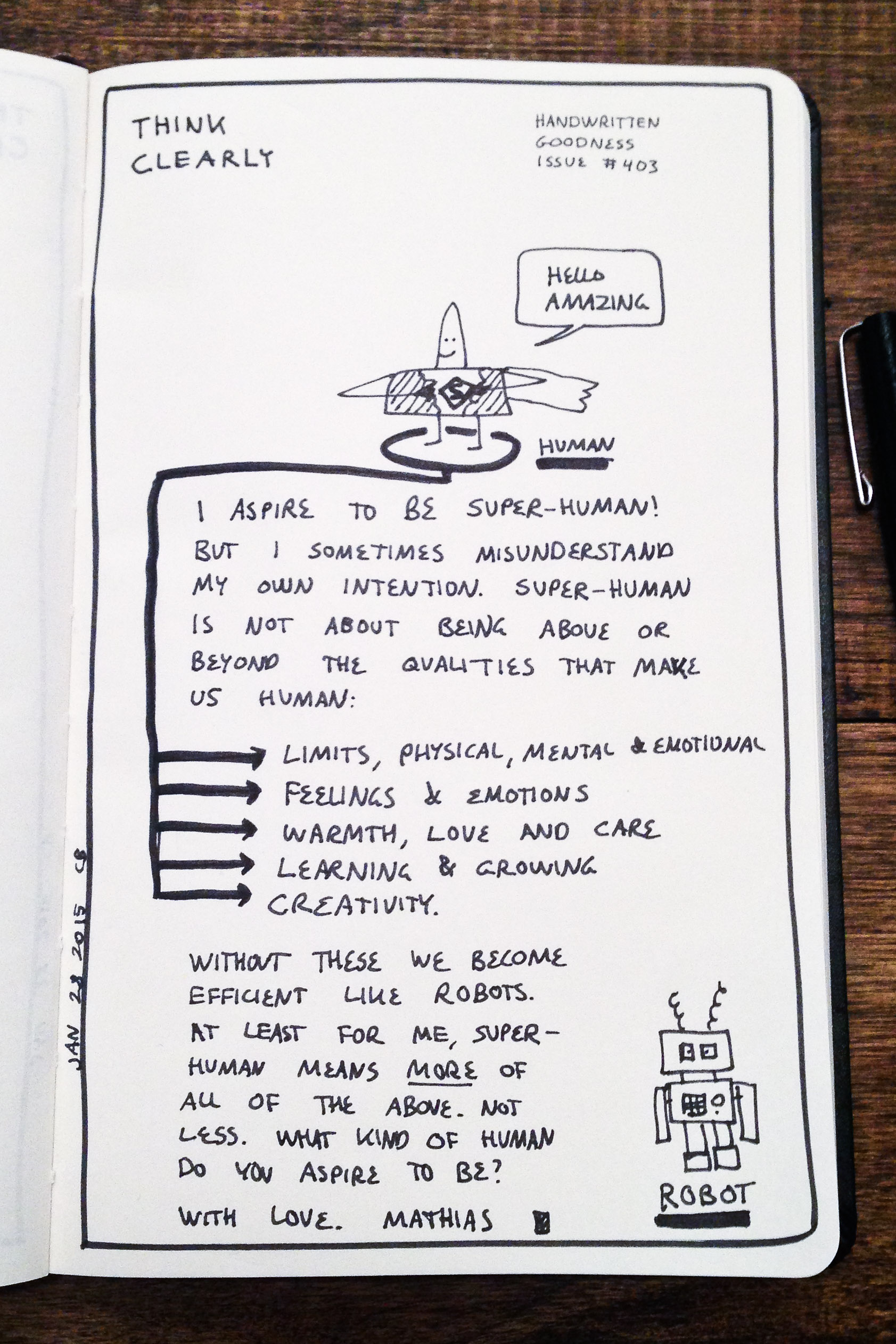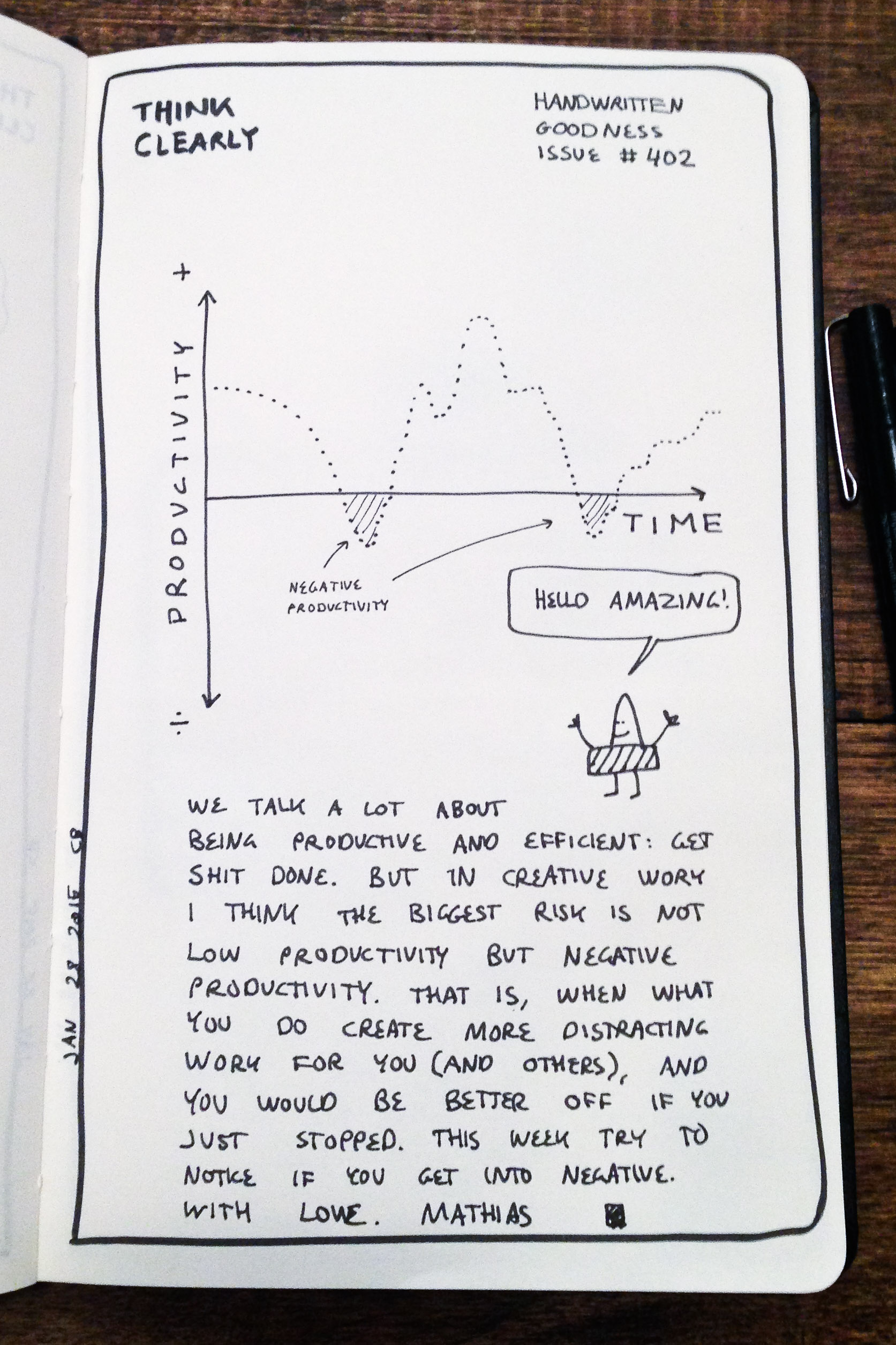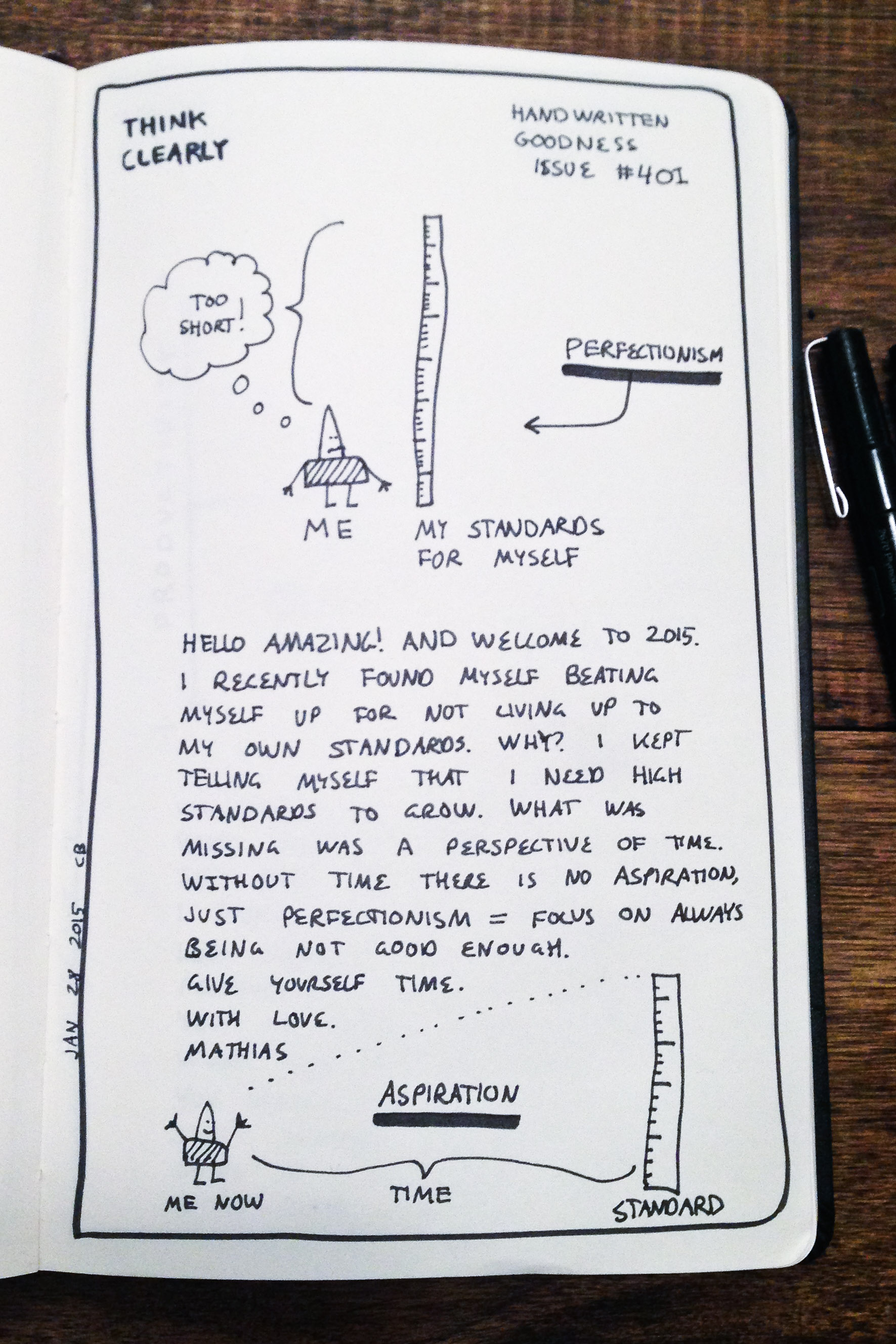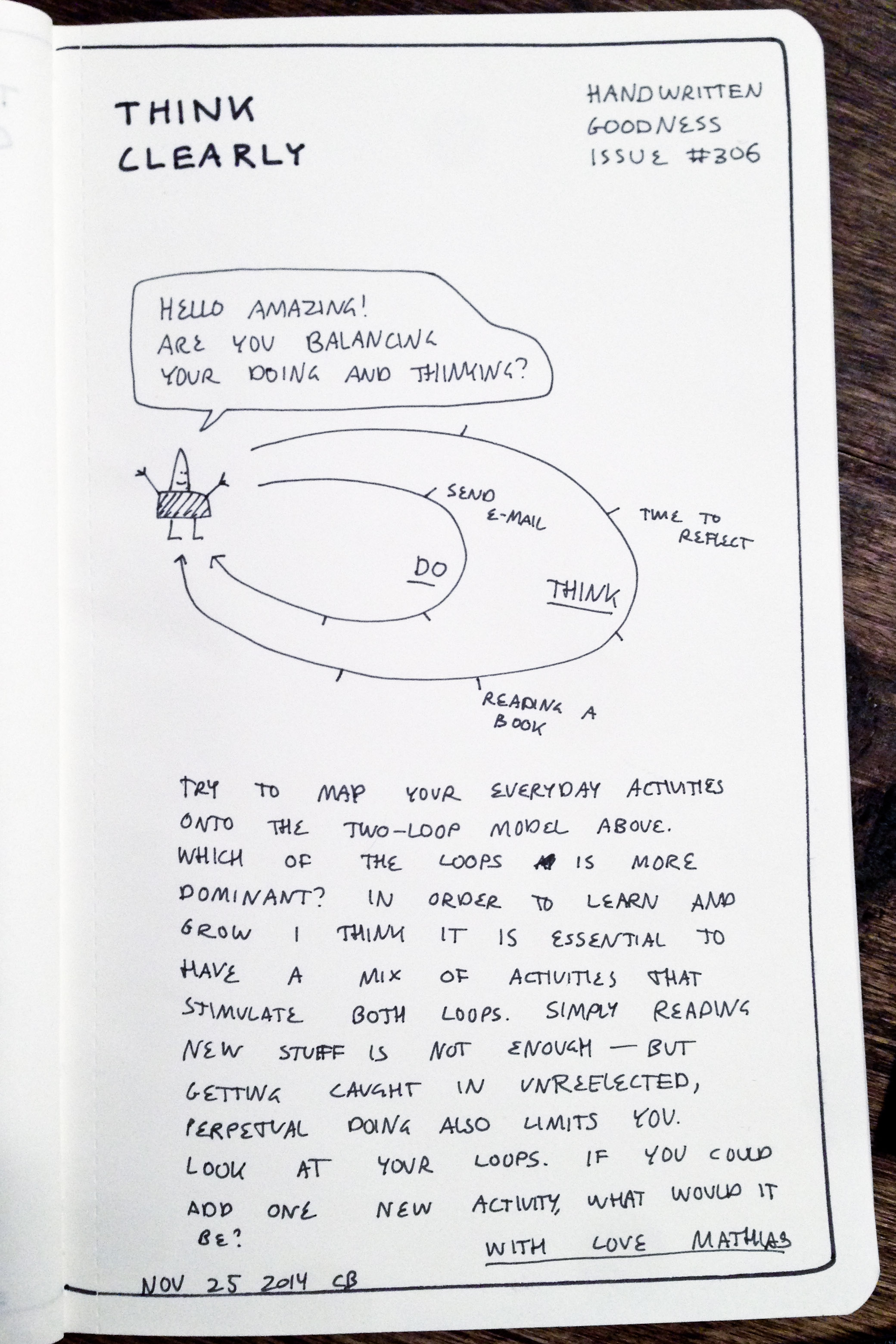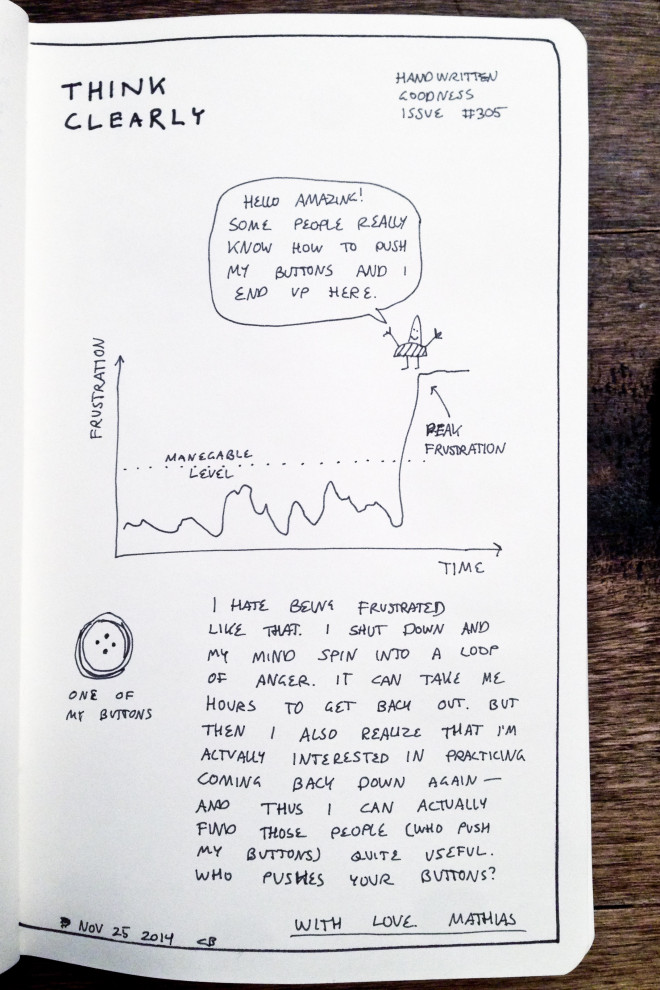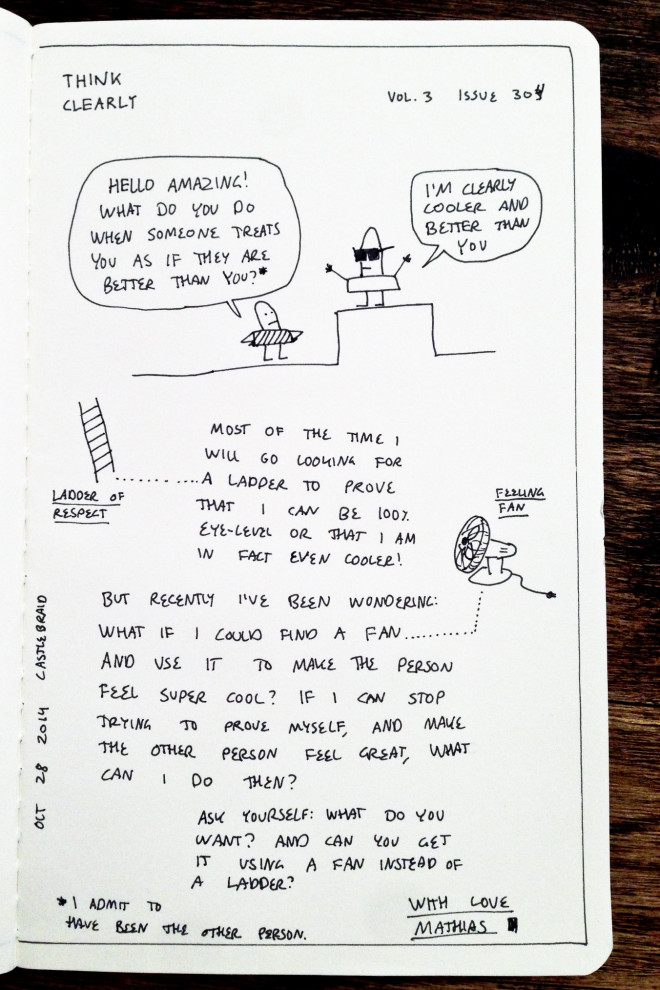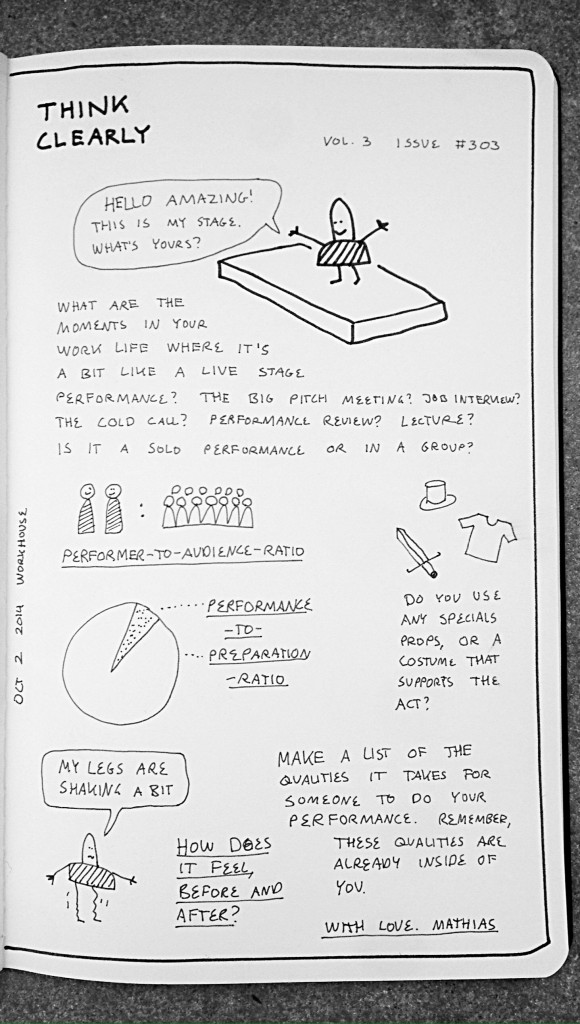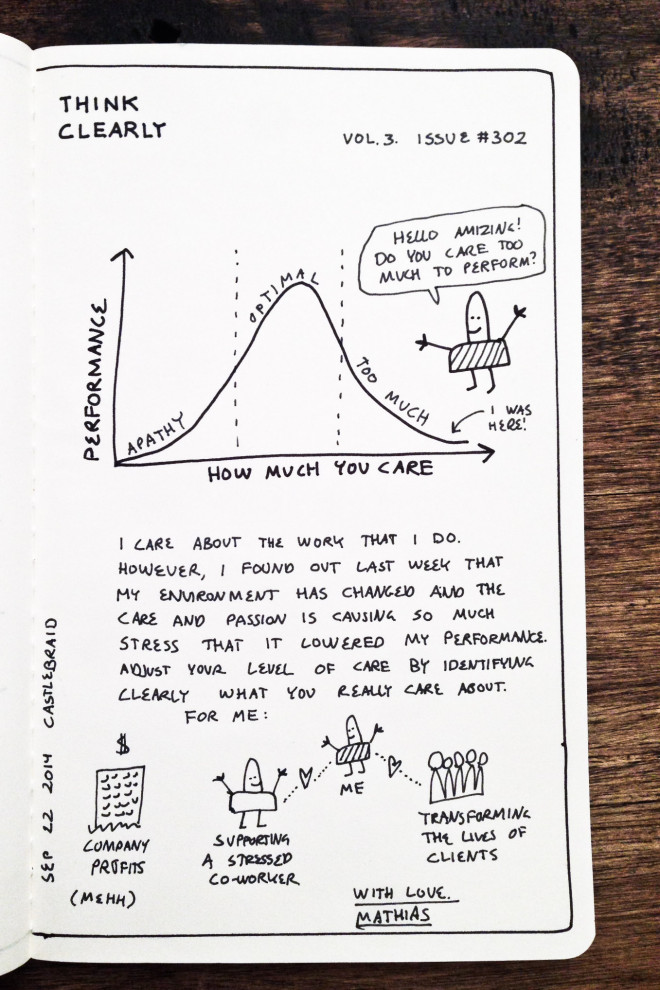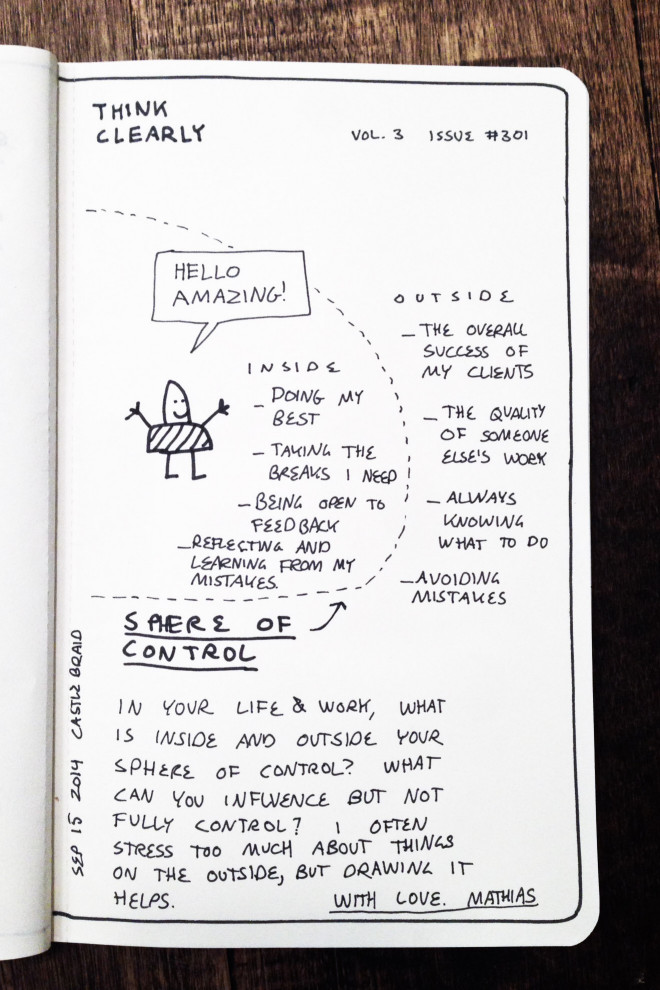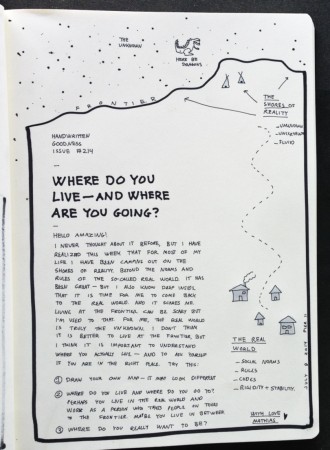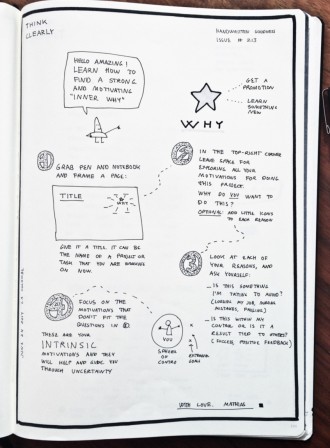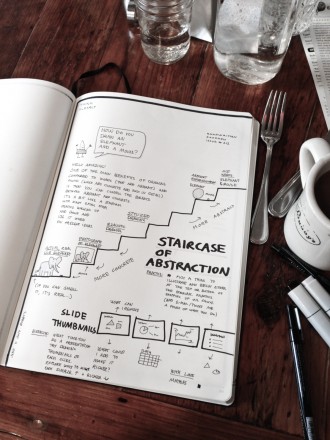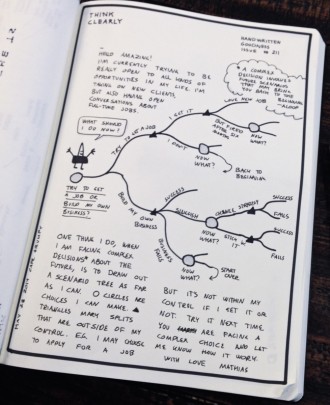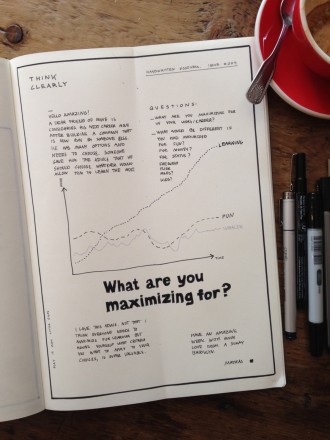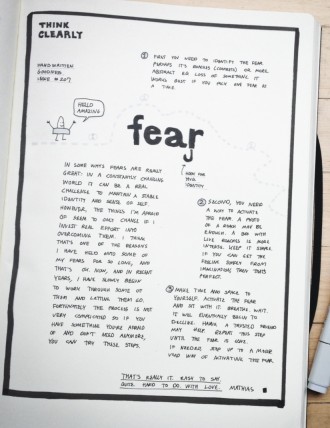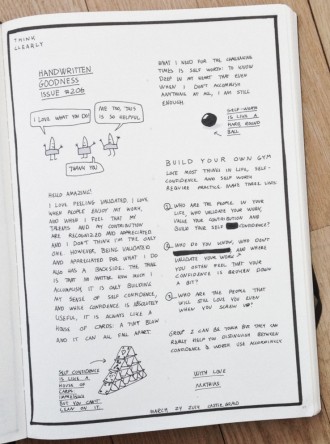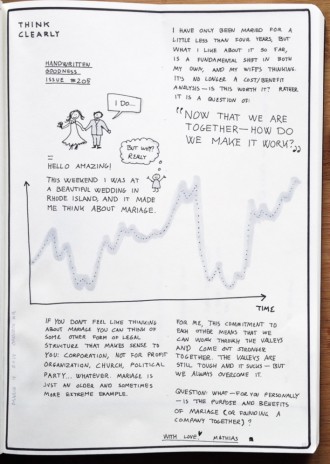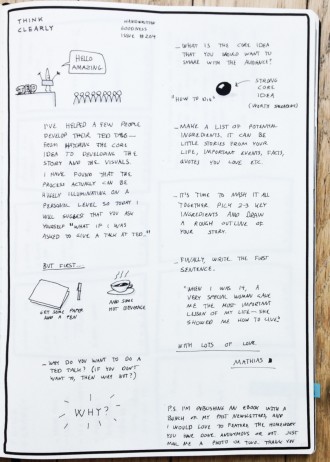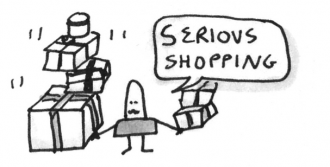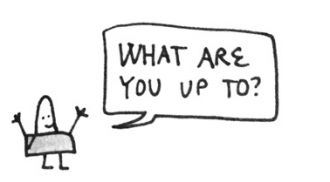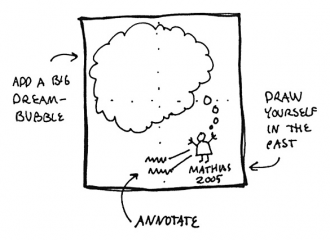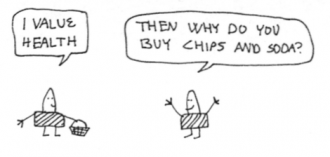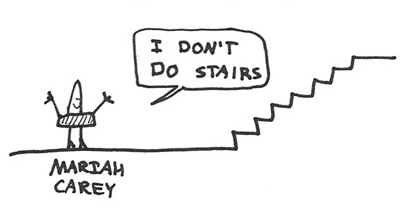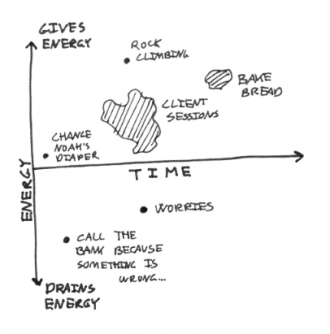3 minute read
Hello Amazing!
I really believe that we can all benefit from practicing more vulnerability in all aspects of our lives. But there’s one domain that I’m extra interested in: vulnerability in leadership.
What does it mean?
For starters, I hope we can all agree that it’s potent stuff. We all look to leaders—both the formal leaders with rank and the informal leaders—to be role models. What they do, what they say, and especially how they do it, gets amplified. For better and for worse. Let’s explore why and how.
Here’s the thing I’ve noticed when looking at vulnerability in leadership: The vulnerability sweet spot is a much narrower window. Under pressure, with lots of people around, things moving quickly, the space between ‘too soon’ and ‘too late’ is small. You can’t plan and rehearse too far in advance, then it just feels forced. But too raw and spontaneous can be confusing and uncomfortable for everyone. You really need to learn to recognize when the moment is just right and at the same time hit the right dosage.
Within that narrow sweet spot, you have an opportunity to do something for the benefit of the whole. Let me give you two examples:
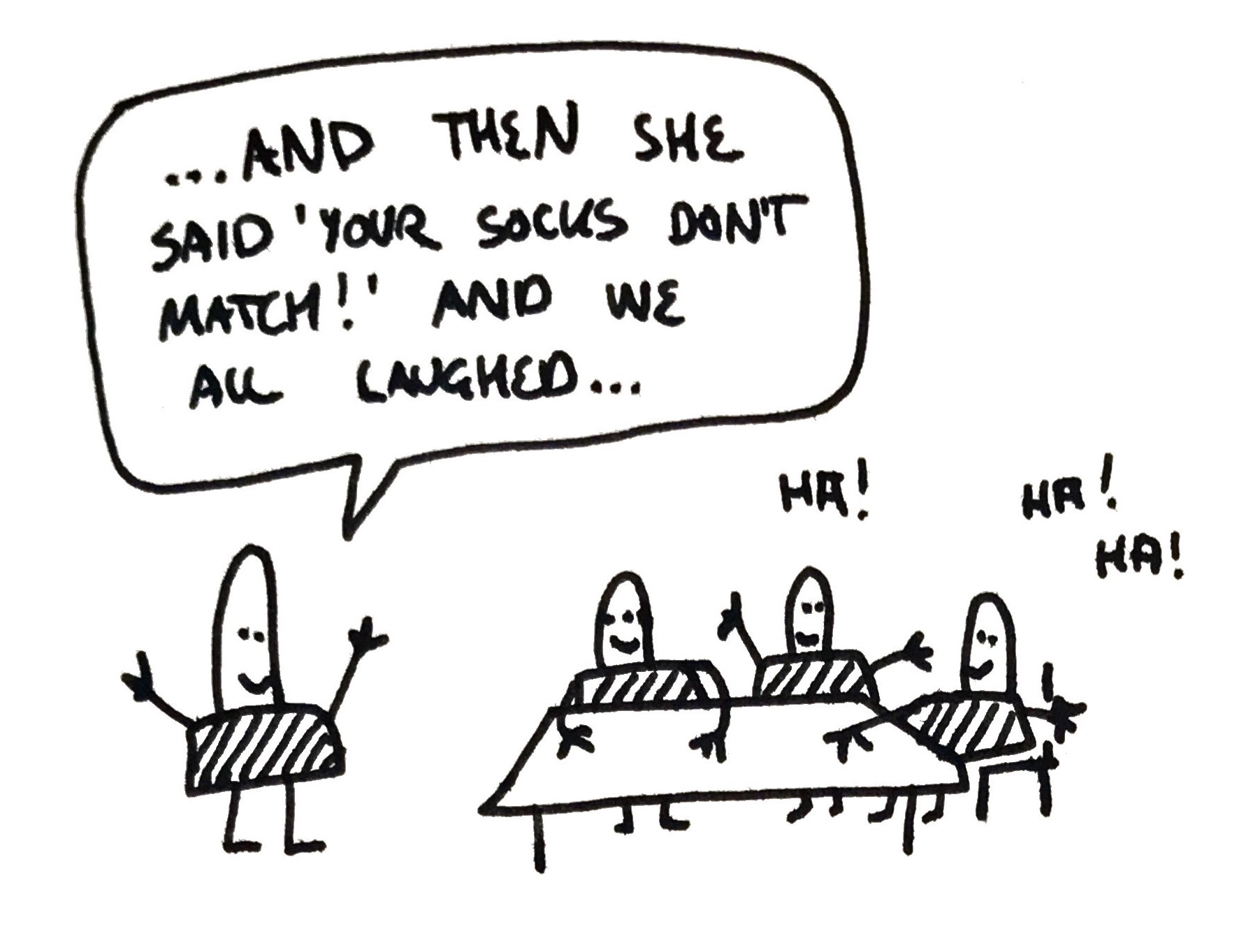
1/ Setting a warm tone in the beginning of a meeting and opening up the space for others to bring more of themselves into the conversation. I’ve seen a leader who would enter every meeting telling a small story (not a 7 minute “small story” but literally 30-40 seconds) about some little mistake or issue she had that morning. Not in an angry or frustrated way, but in a light and fun and self deprecating way, laughing warmly at her own silliness. Nothing that required a follow up or risked derailing the meeting agenda in any way. But everyone’s shoulders came down and the meeting started from that tone. That was an example of frequent small doses that served a shared purpose: disarming tension in meetings, efficiently and reliably.
2/ On the grand scale, it can be an explicit ask. During the pandemic, I saw a CEO ask all employees to take a voluntary, temporary pay cut in order to preserve liquidity in a worst case scenario, avoiding immediate layoffs (with a promise to pay it back in case the worst case could be averted). That’s a pretty big ask to make, and there’s no guarantee that people will accept. It could have truly backfired. But it was so genuine—the whole company and everyone’s jobs were on the line—and you could feel how humbling it was to make that ask. It was also an appeal to think about the whole and not just oneself. That’s why it’s so powerful. The individual sacrifice serves a shared purpose, and everyone gets to feel that their actions are meaningful and contributing. The genuine ask allows the recipient to become part of a shared narrative and play an active role in the outcome.
It’s such a fine balance because if your vulnerable approach seems the least bit calculated, it will have the exact opposite effect. If it feels performative (“Just look at the tears in my eyes as proof of how touched I am by my own story”) or even competitive (“There is no way you can top my bravery now”) people will likely feel alienated, manipulated and in the worst cases emotionally violated. When it’s bad, it’s bad!
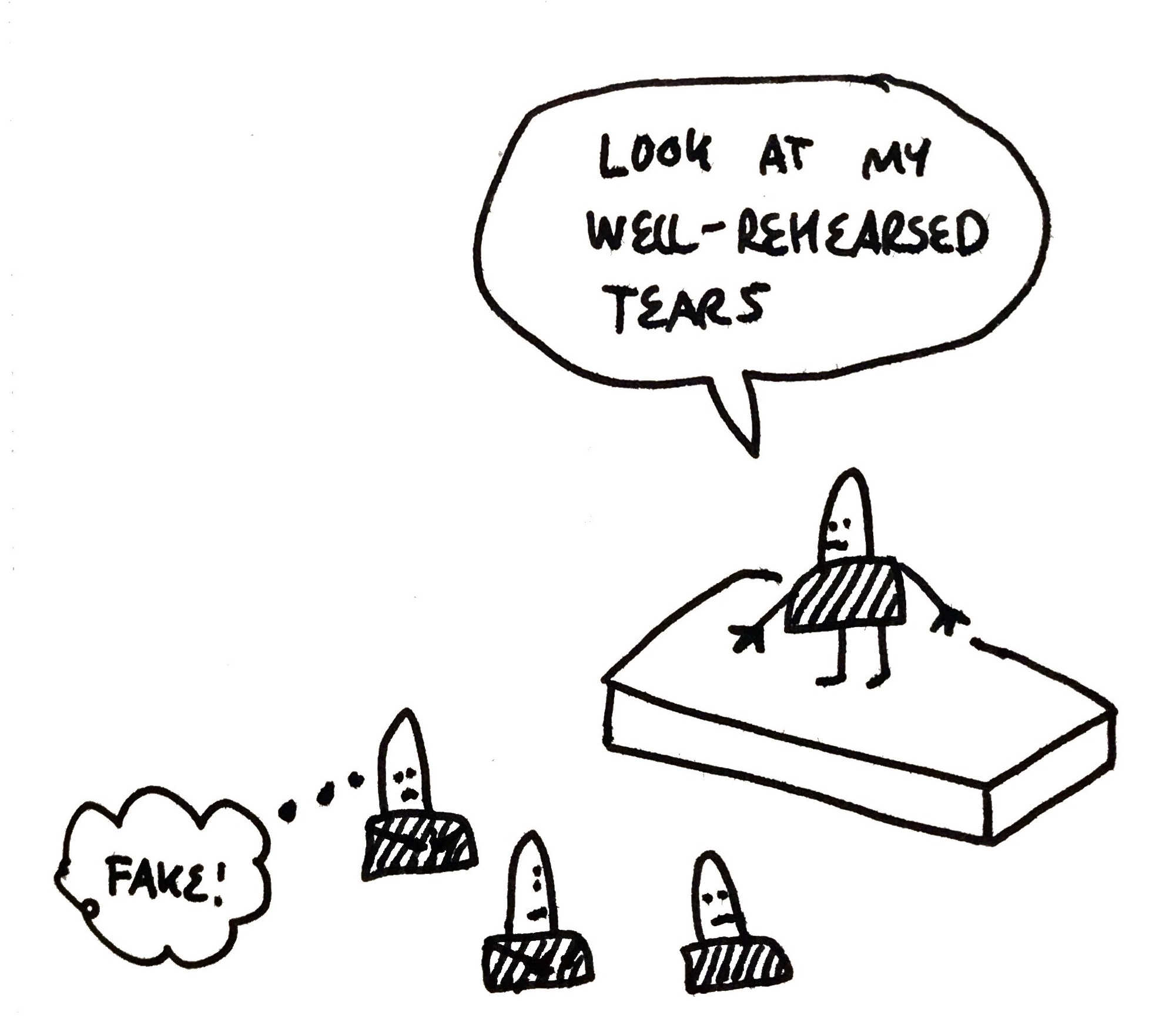
However, I’ve seen first hand how some leaders do it so well that they can melt away cynicism and fear within minutes.
Much love
Mathias
This is part 3 of 3.
- Part 1: Why vulnerability matters for social connection
- Part 2: Finding your own vulnerability sweet spot
- Part 3: Using vulnerability as a leader
